Wallace Stegner Center Symposium
The Wallace Stegner Center for Land, Resources and the Environment 30th Annual Symposium
Breathing Easier: Air Pollution Challenges and Solutions
March 20-21, 2025
10 hours Utah CLE.
Early bird discount for registrations received by March 10.
Principal support provided by the R. Harold Burton Foundation and the Cultural Vision Fund. Sponsors include the Nature Conservancy.


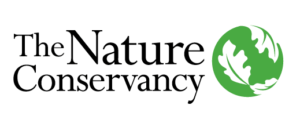
The Stegner Center’s 30th annual symposium, Breathing Easier: Air Pollution Challenges and Solutions, will focus on one of Utah’s greatest challenges: air pollution.
The symposium will consider air pollution’s environmental and human health tolls—including the unequal burdens air pollution places on disadvantaged communities. Despite gains in many places, air pollution remains a vexing problem across the nation. In Utah, winters bring inversions and particulate matter pollution, and summers deliver increased ground-level ozone pollution. The Wasatch Front regularly exceeds national ambient air quality standards, exacerbated by the region’s unique geography and meteorology.
Finding solutions to these thorny problems becomes only more vital with each passing year. Emerging threats like dust from the shrinking Great Salt Lake and intensifying wildfire smoke further compound longstanding air pollution problems. Experts will share potential solutions, including those that have been successful in other parts of the country.
Event Pricing:
Early bird discount for registrations received by March 10.
Law Firm/Private Sector (in-person): $275 early bird | $350 regular rate
Law Firm/Private Sector (virtual): $150
General Public (in-person): $150 early bird | $200 regular rate
General Public (virtual): $100
University/Seniors/NGO's (in-person): $100 early bird | $150 regular rate
University/Seniors/NGO's (virtual): $75
University Students (in-person): $25
University Students (virtual): $10
Directions: We encourage you to use public transportation to our events. Take TRAX University line to the Stadium stop and walk a half block north. For other public transit options use UTA’s Trip Planner. The law school is on the Red Route for the University’s free campus shuttles (College of Law stop).
Driving instructions are available here: http://law.utah.edu/library/about-the-library/directions/
Parking: Free parking is available at the Rice-Eccles Stadium lot (signs are posted at each entrance to the lot). Please park in any available “A” or “U” permit parking stall in the lot. A moratorium has been placed on the parking lot, so parking is free, and no parking permits are necessary. Do not park at a parking meter, as these stalls will be ticketed.
COMING SOON.
Check your inbox for the Zoom links. If you cannot find the email, contact communications@law.utah.edu or events@law.utah.edu.
The Air Pollution Problem: Nationally and at Home
8:00 a.m. - Registration and Continental Breakfast
9:00 a.m. - Welcome
- Elizabeth Kronk Warner, Jefferson B. & Rita E. Fordham Presidential Dean and Professor of Law, University of Utah S.J. Quinney College of Law
9:05 a.m. - Opening Keynote - Failing Our Children is not an Option: Equal Protections of All Children and Their Futures
- Nsedu Obot Witherspoon, MPH, Executive Director, Children’s Environmental Health Network (CEHN)
9:50 a.m. - The Anatomy of Wasatch Front Air Pollution
- Daniel Mendoza, Adjunct Assistant Professor, Internal Medicine; Adjunct Instructor, City & Metropolitan Planning; and Research Associate Professor, Atmospheric Sciences, University of Utah
- Logan Mitchell, Climate Scientist and Energy Analyst, Utah Clean Energy, and Adjunct Professor of Atmospheric Sciences, University of Utah
10:30 a.m. - Break
10:55 a.m. - The Health Toll of Polluted Air (Panel Discussion)
- Moderator: Lingxi Chenyang, Associate Professor of Law, University of Utah S.J. Quinney College of Law
- John C. Lin, Associate Director, Wilkes Center for Climate Science & Policy and Professor, Department of Atmospheric Sciences, University of Utah
- Robert Paine III, M.D., Jon M. Huntsman Presidential Chair, Professor of Internal Medicine, and Chief, Division of Respiratory, Critical Care and Occupational Pulmonary Medicine, University of Utah Hospital
- Susana Ramírez, Associate Professor of Public Health Communication, University of California, Merced
12:10 p.m. - 30th Anniversary Recognition
- Brigham Daniels, Co-Director, Wallace Stegner Center for Land, Resources, and the Environment; Director, Great Salt Lake Project; and Professor of Law, University of Utah S.J. Quinney College of Law
- Lincoln Davies, Co-Director, Wallace Stegner Center for Land, Resources, and the Environment; Executive Director for Energy, Resource, and Environment Programs; and Professor of Law, University of Utah S.J. Quinney College of Law
- Robert Keiter, Wallace Stegner Professor of Law, University of Utah S.J. Quinney College of Law
12:25 p.m. - Lunch
1:25 p.m. - The Unequal Burdens of Air Pollution (Panel Discussion)
- Moderator: Ruhan Nagra, Associate Professor of Law; Director, Environmental Justice Clinic, University of Utah S.J. Quinney College of Law
- Sara Grineski, Co-Director, Center for Natural and Technological Hazards, College of Social and Behavioral Science; Professor, Sociology Department, University of Utah
- Raymond Oldman, Navajo Nation Community Member
- Deena Tumeh, Senior Attorney, Earthjustice
- Carmen Valdez, Policy Associate, HEAL Utah
2:55 p.m. - Break
3:25 p.m. - The Dust Bowl?: Air Pollution, Great Salt Lake, and Utah’s Critical Challenge (Panel Discussion)
- Moderator: Brigham Daniels, Co-Director, Wallace Stegner Center for Land, Resources, and the Environment; Director, Great Salt Lake Project; and Professor of Law, University of Utah S.J. Quinney College of Law
- Ben Abbott, Associate Professor of Environmental Science & Sustainability, Department of Plant & Wildlife Sciences, Brigham Young University
- Karrigan S. Börk, JD, PhD, Interim Director, UC Davis Center for Watershed Sciences and Professor of Law, UC Davis School of Law
- Tim Davis, Executive Director, Utah Department of Environmental Quality
- Beth Parker, Senior Attorney, Law & Policy Program, Wallace Stegner Center for Land, Resources, and the Environment; Law & Policy Lead, Great Salt Lake Project; and Adjunct Professor of Law, University of Utah S.J. Quinney College of Law
- Kevin D. Perry, Professor, Department of Atmospheric Sciences, University of Utah
4:55 p.m. - Closing Remarks
Roadmap to Healthier Air: Air Quality Successes, Failures, and Opportunities
8:30 a.m. - Registration and Continental Breakfast
9:00 a.m. - Welcome
9:05 a.m. - Smoke on the Horizon: Worsening Wildfires (Panel Discussion)
- Moderator: Bob Keiter, Distinguished University Professor and Wallace Stegner Professor of Law, University of Utah S.J. Quinney College of Law
- Lisa Grow, Howard W. Hunter Professor of Law, Brigham Young University Law School
- Brent Keith, Federal Lands Policy Team Lead, The Nature Conservancy
- Derek Mallia, Research Assistant Professor, Atmospheric Sciences, University of Utah
- Deborah Sivas, Luke W. Cole Professor of Law; Director, Environmental and Natural Resources Law and Policy Program; and Director, Environmental Law Clinic, Stanford Law School
10:20 a.m. - Break
10:50 a.m. - Roadmap to Healthier Air: Federal and National Initiatives on Improving Air Quality (Panel Discussion)
- Moderator: Lincoln Davies, Co-Director, Wallace Stegner Center for Land, Resources, and the Environment; Executive Director for Energy, Resource, and Environment Programs; and Professor of Law, University of Utah S.J. Quinney College of Law
- Rebecca Bratspies, Professor of Law, CUNY School of Law; Director, Center for Urban Environmental Reform
- Meredith Hankins, Senior Attorney, Natural Resources Defense Council
- Logan Mitchell, Climate Scientist and Energy Analyst, Utah Clean Energy, and Adjunct Professor of Atmospheric Sciences, University of Utah
- Alexandra G. Ponette-Gonzalez, Associate Professor, City & Metropolitan Planning and Curator of Urban Ecology, Natural History Museum of Utah
12:05 p.m. - Lunch
1:05 p.m. - A Breath of Fresh Air: Local Initiatives for Improving Air Quality (Panel Discussion)
- Moderator: Beth Parker, Senior Attorney, Law & Policy Program, Wallace Stegner Center for Land, Resources, and the Environment;Law & Policy Lead, Great Salt Lake Project; and Adjunct Professor of Law, University of Utah S.J. Quinney
- Bryce Bird, Director, Division of Air Quality, Utah Department of Environmental Quality
- Kerry Kelly, Associate Professor, Chemical Engineering, University of Utah
- Erin Mendenhall, Mayor, Salt Lake City
- Brian Moench, M.D., President and Co-Founder, Utah Physicians for a Healthy Environment
2:35 p.m. - Break
3:05 p.m. - 2025 Annual Stegner Lecture: “Lessons from Los Angeles: The Surprising Story of How the City of Smog and Sunshine Cleaned Up Its Air”
- Ann Carlson, Shirley Shapiro Professor of Environmental Law, UCLA School of Law
3:45 p.m. - Closing Remarks
The Stegner Center is pleased to be joined by our friends and local bookseller The King’s English Bookshop at this year’s symposium. The Bookshop is joining us in-person and has put together a full list of books on topics related to the symposium, including several books authored by our speakers.
CONTINUING LEGAL EDUCATION (CLE) VERIFIED CREDIT
In-Person Attendance at the College of Law:
While attending the event, please scan the QR code and complete the online form with your name, bar number, and title of the event – “Stegner Symposium”. After the event we will submit your verified attendance to the Utah State Bar for CLE credit.
Virtual Attendance:
When joining the Zoom webinar, please enter your Utah State Bar Number on the registration webpage then attend the Zoom Webinar. After the event, we will submit your verified attendance to the Utah State Bar for CLE credit.

For additional information on Wallace Stegner, please see recordings from the Stegner Center’s 14th annual symposium, Wallace Stegner: His Life and Legacy.
To learn more about Wallace Stegner, visit the Wallace Stegner Archives, the Wallace Stegner Exhibit and the Wallace Stegner website hosted by the University of Utah Marriott Library.
Watch a KUED documentary about Wallace Stegner.
Watch Wallace Stegner A Writer's Life, narrated by Robert Redford.
Teaching Wallace Stegner: His Life, Legacy and Literary Works
For information on Wallace Stegner and how to include his literary works in the classroom, including connections to the state core curriculum, please visit the Stegner high school teaching resources webpage.
Breathing Easier: Air Pollution Challenges and Solutions
For ideas on how to incorporate the topic of this year’s Stegner Center symposium on air quality into our classroom, including connections to the state core curriculum and links to additional resources, please visit the air quality high school teaching resources webpage.
Speaker Bios
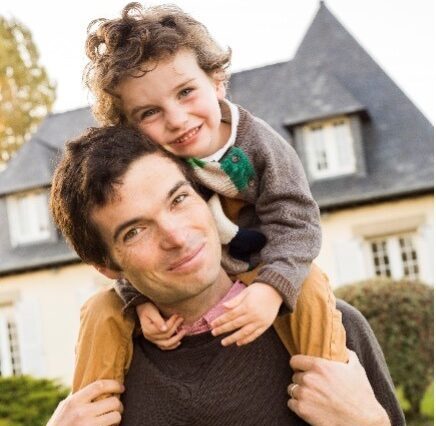

Ben is a professor of environmental science and sustainability at Brigham Young University and the executive director of the water conservation group Grow the Flow. He has a B.S. in watershed and Earth systems science from Utah State University and a Ph.D. in ecology from University of Alaska Fairbanks. He works on renewable energy, global hydrology, climate change, and Earth stewardship. He is particularly interested in science communication and improving our commitment to environmental stewardship. He has four children who take after him in their love of animals, biking, and TV.
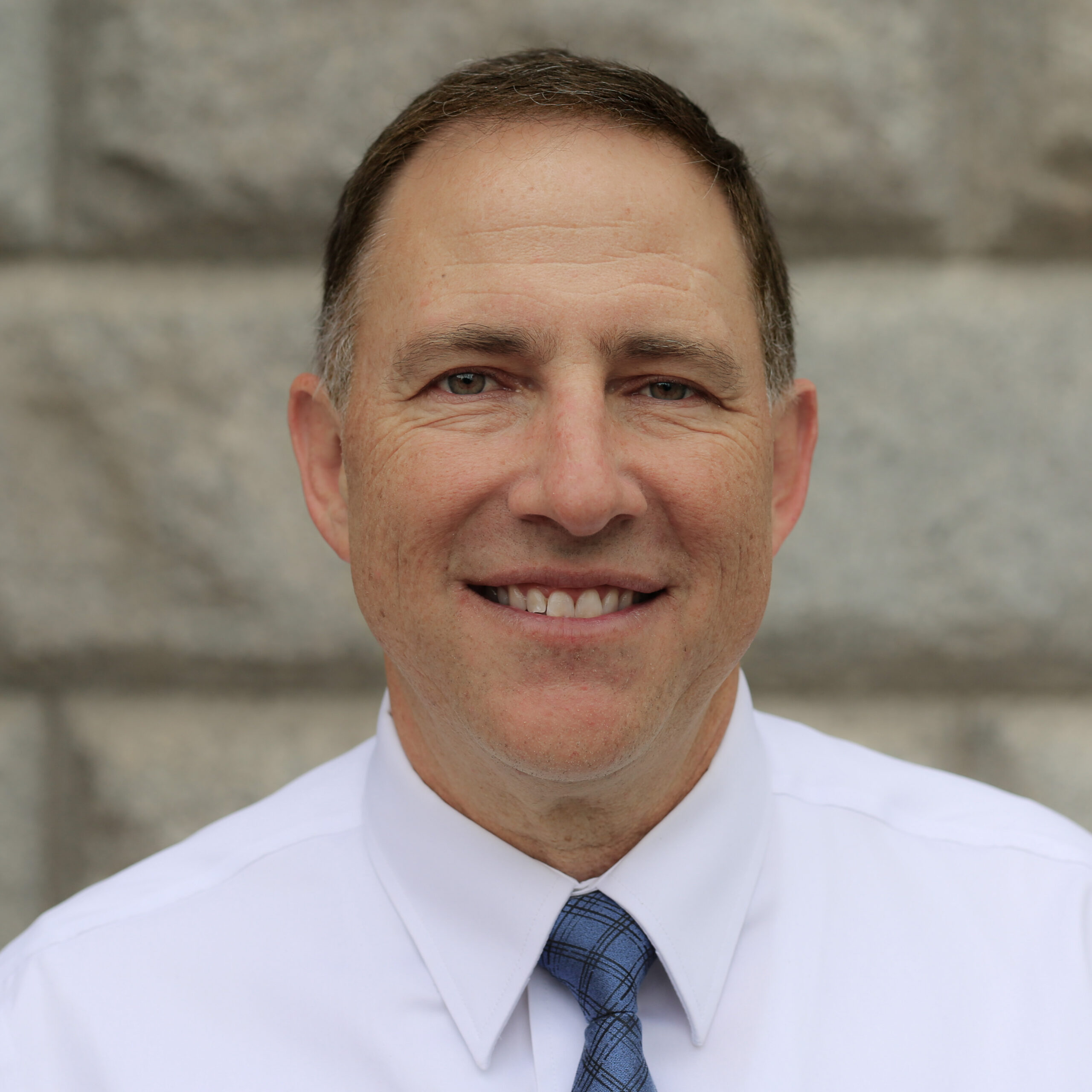

Bryce Bird was appointed as the Air Quality Division Director at the Utah Department of Environmental Quality in June 2011, after having managed the Division's Planning Branch, Compliance Branch, and Hazardous Air Pollutants Section and having worked in air quality regulatory programs since 1992. Bryce completed a degree in biology at the University of Utah and a Masters of Science in Management and Leadership from Western Governors University.
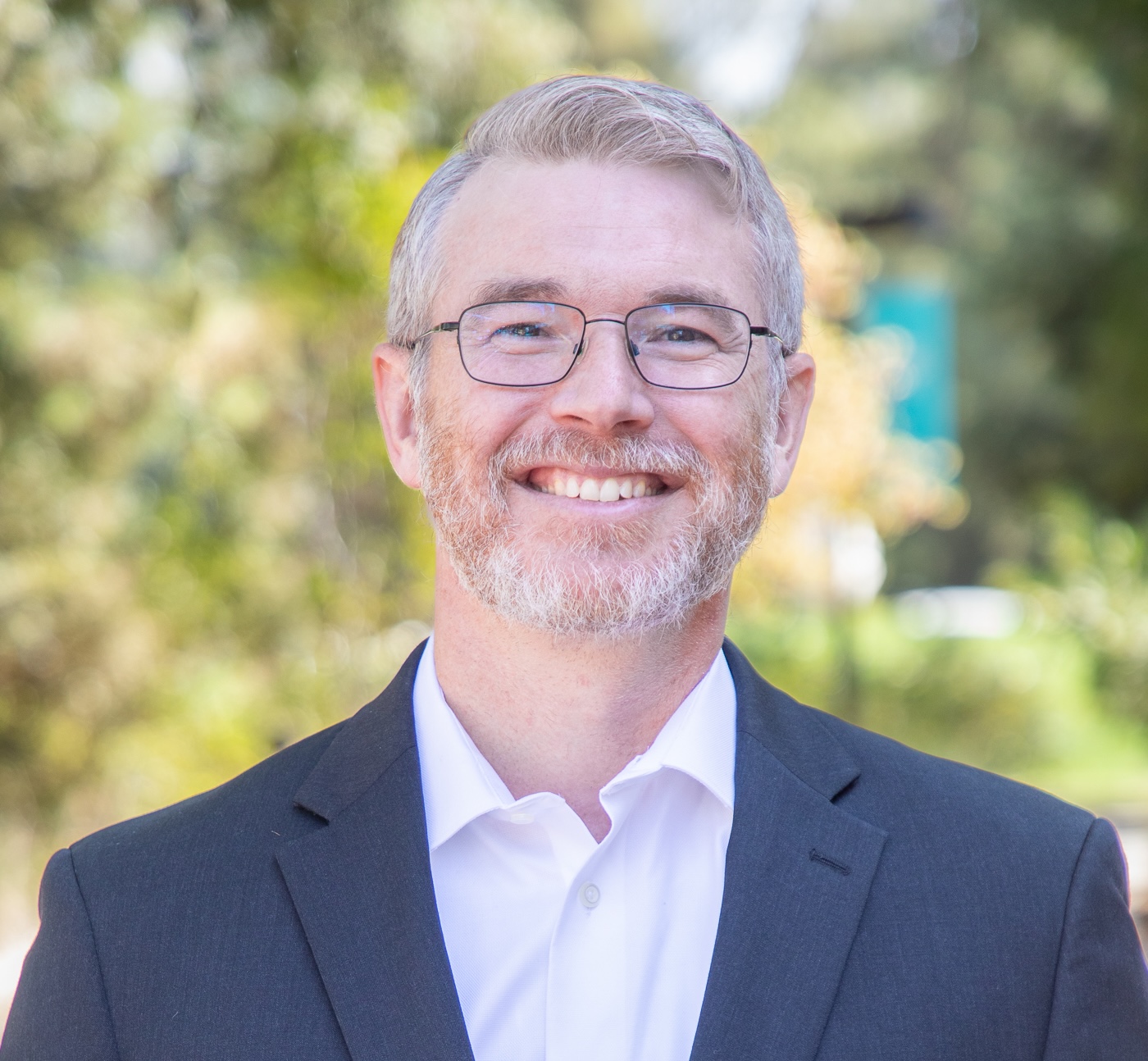

UC Davis Professor of Law Karrigan Bork's publications run the gamut from the definitive text on the history and application of California minimum streamflow requirements to a hatchery and genetic management plan for the reintroduction of spring-run Chinook salmon in the San Joaquin River. He works on legal and ethical issues in ecological restoration, especially problems that involve both science and law. Much of his current research focuses on western water law. Professor Bork graduated with Distinction and Pro Bono Distinction from Stanford Law School in 2009 and completed his PhD dissertation in Ecology at UC Davis in September 2011. He received the Shapiro Family Award in 2011 as the Outstanding PhD Graduate in Ecology at UC Davis. He clerked for Tenth Circuit Chief Judge Mary Beck Briscoe, U.S. District Court Judge Julie Robinson, and Judge Janice Karlin on the U.S. Bankruptcy Court for the District of Kansas. In 2022, he received the UC Davis Distinguished Teaching award. He enjoys fishing, rafting, rock hounding, watching college basketball, and spending time with friends and family.
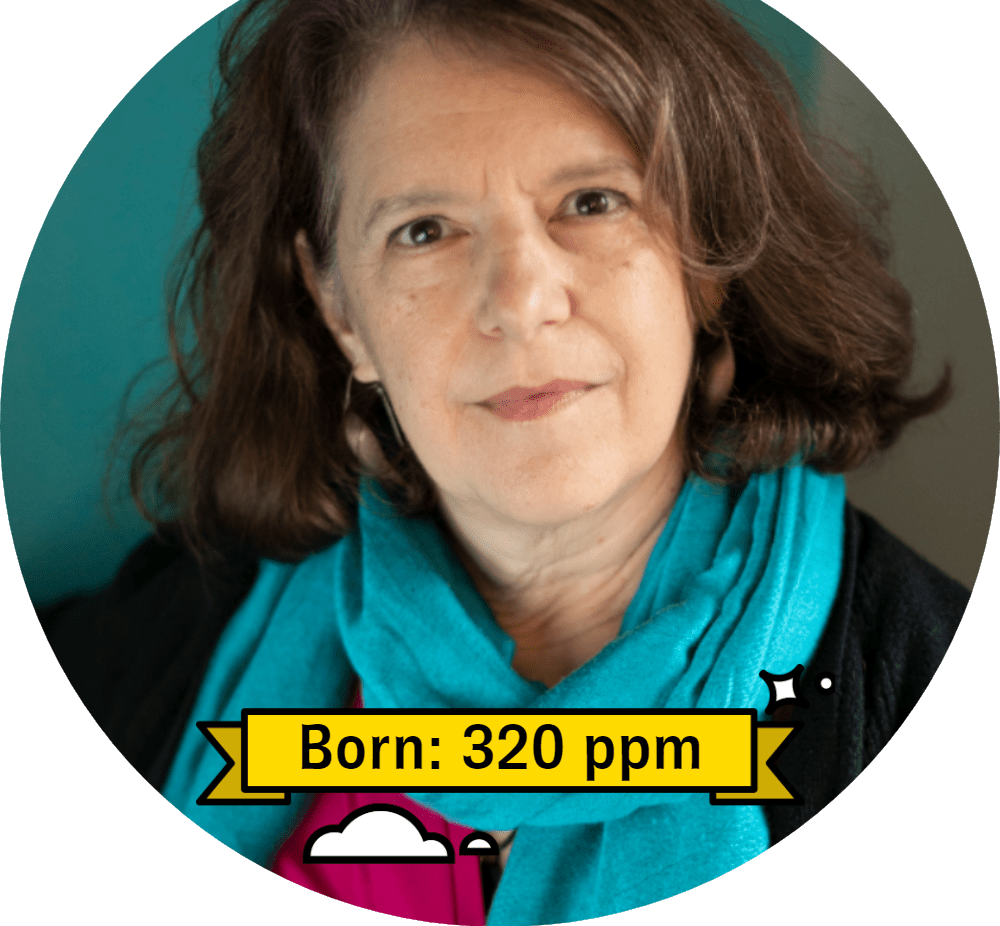

Rebecca Bratspies is a CUNY Law professor and founding director of the Center for Urban Environmental Reform. A scholar of environmental justice and human rights, Rebecca has written scores of law review articles. Her book Naming Gotham: The Villains, Rogues and Heroes Behind New York Place Names.won the NY Public Historians’ 2023 Excellence in Local History Award, the 2024 American Legacy Book Award for US History, and the 2024 NYC Big Book Award for Regional History. Her co-authored textbook Environmental Justice: Law Policy and Regulation is used in schools across the country. Rebecca is creator (with artist Charlie LaGreca-Velasco) of the EPA Award winning graphic novel series The Environmental Justice Chronicles.
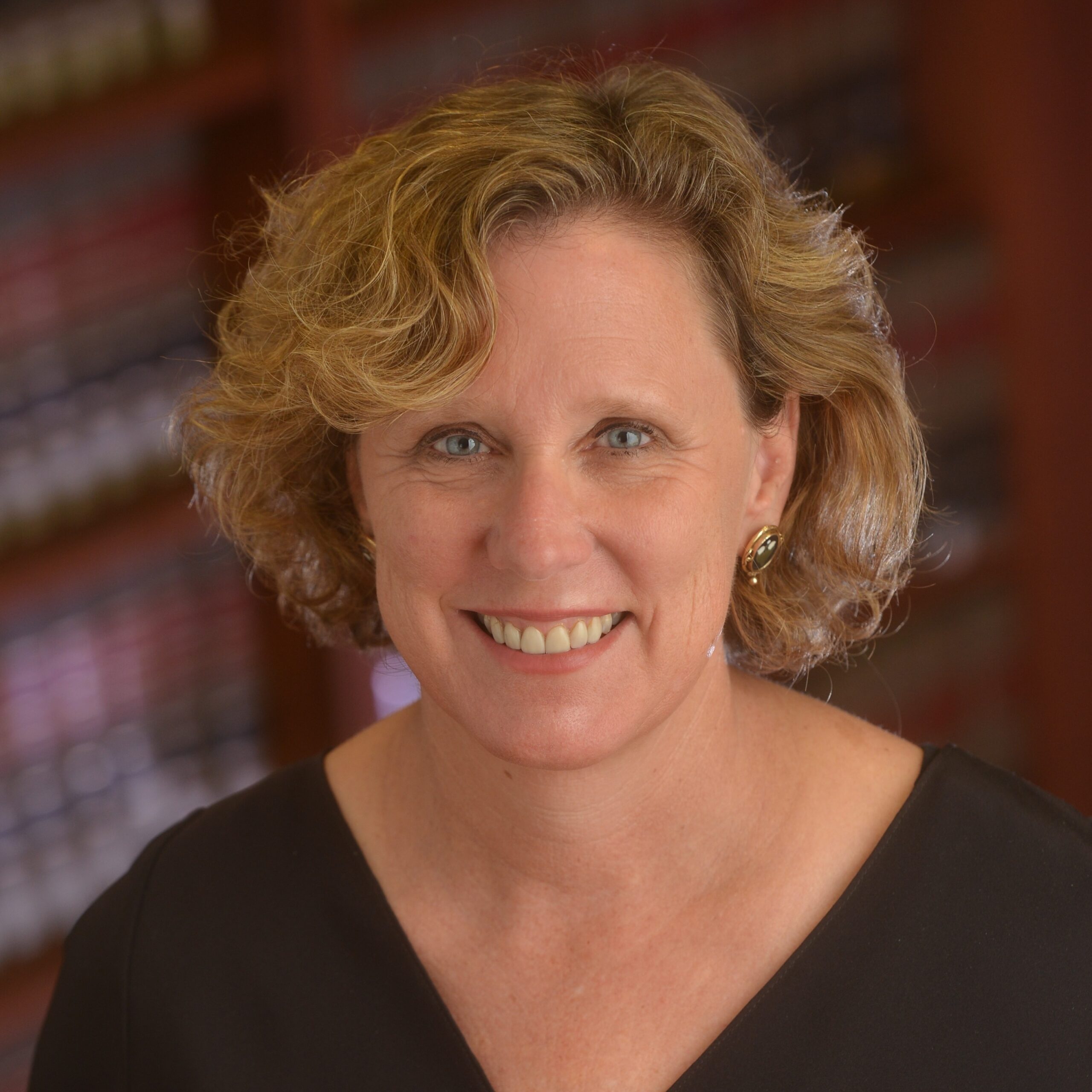

Ann Carlson is the Shirley Shapiro Professor of Environmental Law and co-directs the Emmett Institute on Climate Change and the Environment. She is a leading scholar of climate change and air pollution law and policy. From 2021 to 2024, Carlson served in the Biden-Harris Administration as Chief Counsel and Acting Administrator of the National Highway Traffic Safety Adminstration. Under her leadership, the agency developed strong fuel economy standards to cut greenhouse gases from cars and issued numerous vehicle safety standards. Carlson is a frequent media commentator and blogs at Legal Planet. She has received the UCLA Distinguished Teaching Award, the Eby Award for the Art of Teaching and the Rutter Award for Excellence in Teaching. Carlson is an elected member of the American Academy of Arts and Sciences and a fellow of the American College of Environmental Lawyers. She is a magna cum laude graduate of both UC Santa Barbara and Harvard Law School.


Lingxi Chenyang’s research interests lie at the intersection of moral psychology, climate ethics, landscape ecology, property law, and environmental law. Originally from Chengdu, China, Chenyang comes to the Environmental Resilience Institute after receiving her J.D. from Yale Law School, where she studied environmental law and published work on the merits of reducing meat demand as a climate policy strategy. Chenyang holds a bachelor’s in philosophy from Dartmouth College and is a Ph.D. Candidate in philosophy at the University of Michigan. She is also a Global Priorities Fellow with the Forethought Foundation.
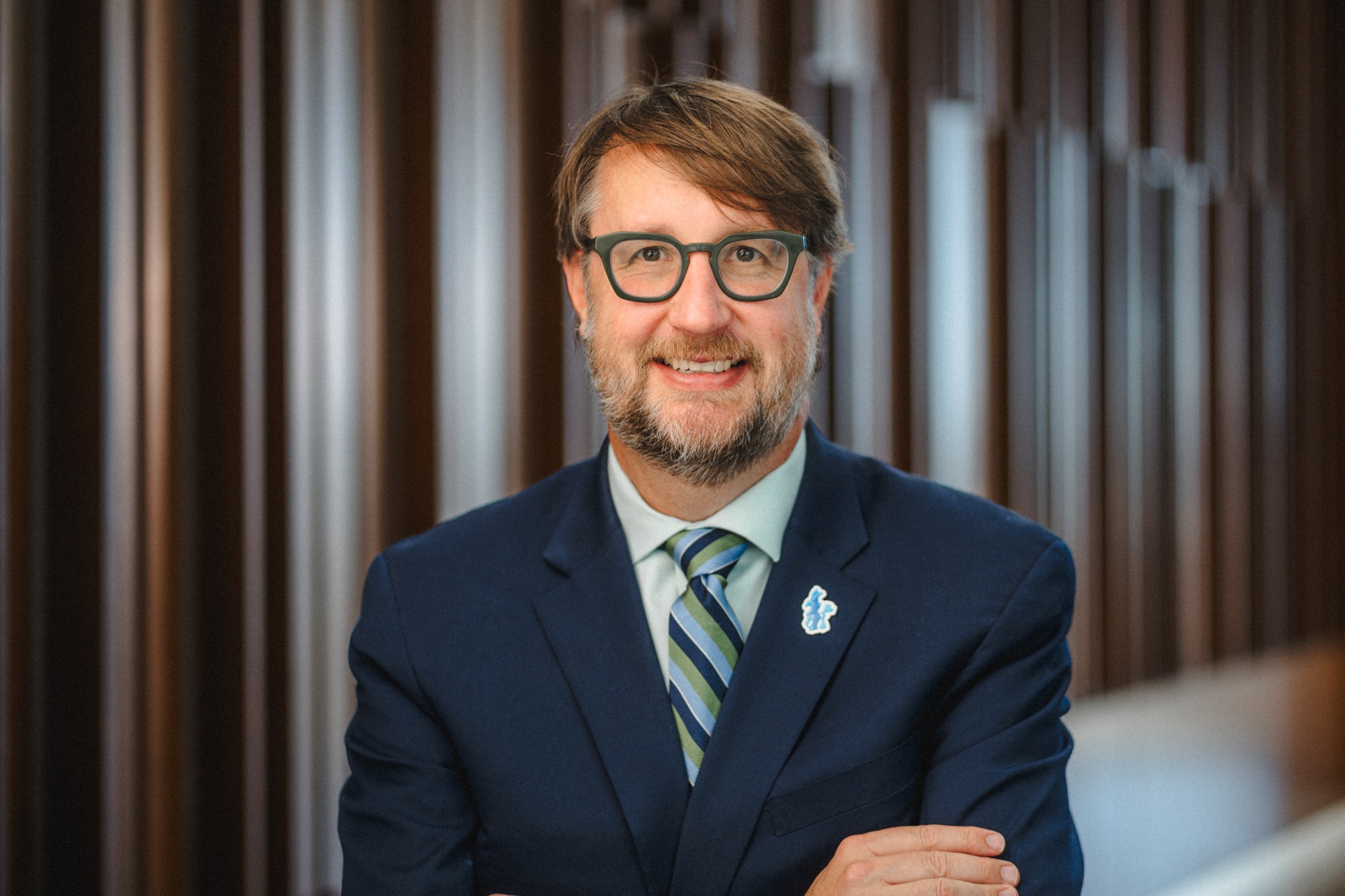

Brig Daniels is a professor at the University of Utah's S.J. Quinney College of Law; co-director of the Wallace Stegner Center for Land, Resources and the Environment; and director of the Center’s Great Salt Lake Project.
His current scholarship focuses on saving Great Salt Lake. Daniels’s previous work has received research grants from the U.S. National Science Foundation and the United Kingdom’s Foreign, Commonwealth & Development Office.
He has won several teaching awards. He teaches courses relating to water, environmental, natural resources, and property law. He founded the College of Law's Environmental Policy Accelerator.
Outside of the classroom, Daniels has served on the boards of several environmental nonprofits and has represented and consulted for a wide range of public, nonprofit, and commercial entities.
Daniels graduated from Stanford Law School. He also earned a PhD from Duke University’s Nicholas School of the Environment and was awarded a National Science Foundation Graduate Research Fellowship. He received a MPA and undergraduate degree from the University of Utah, where he also was awarded a Harry S Truman Scholarship.
Prior to returning to the University of Utah, he taught as professor at BYU Law and the University of Houston Law Center and was a lecturing fellow at Duke Law School.
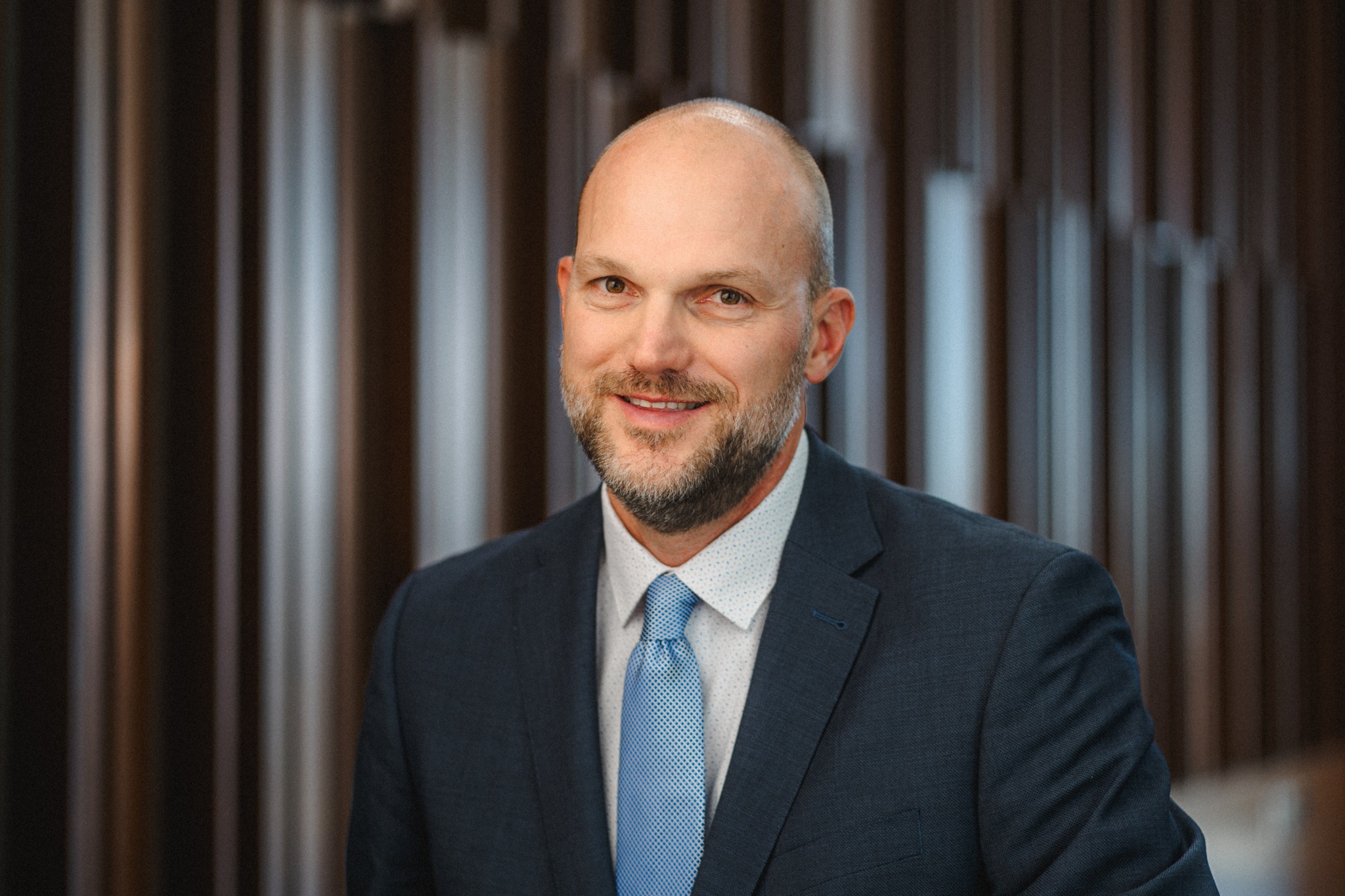

Lincoln Davies is an internationally recognized expert in energy law and policy. He has written extensively on laws that promote renewable energy, as well as on the clean energy transition. His most recent work focuses on the development and governance of electricity markets in the United States. His research has been sponsored by the U.S. Department of Energy, the South Korean government, the Brookings Institution, the Alfred P. Sloan Foundation, the Heising-Simons Foundation, among others. He is coauthor of one of the nation’s leading energy law textbooks. In 2012, he was named the McCloy Fellowship in Environmental Policy and, in 2024, the Elizabeth Evatt Distinguished Fellow at the University of Sydney Law School. He serves on the faculty at the University of Utah S.J. Quinney College of Law, where he is Co-Director of the Wallace Stegner Center for Land, Resources, and the Environment and Executive Director for Energy, Resource, and Environment Programs.
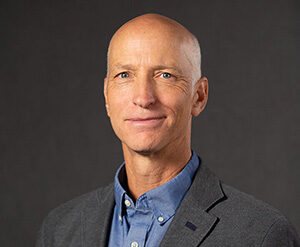

Tim Davis is the Executive Director of the Utah Department of Environmental Quality (DEQ). For the past fifteen plus years, Davis has led five different state natural resource agencies in Utah and Montana. As Executive Director Davis leads DEQ as it works to protect and restore Utah’s air, land, and water while supporting the growth of the state.
Before serving as Executive Director, Davis served as Deputy Great Salt Lake Commission and the Director of the Utah Division of Drinking Water. Davis also oversaw the water rights, water resources, drinking water, and water quality programs for the State of Montana for over ten years.
Additionally, Davis has represented Utah and Montana on numerous regional and national boards and commissions including serving as the Yellowstone River Compact Commissioner for the State of Montana, the Chair of the Western States Water Council, and representing the Region 8 states of Utah, Montana, Colorado, Wyoming, North Dakota, and South Dakota on the Association of State Drinking Water Administrators Board of Directors.
Davis grew up in Lander, Wyoming, and spends most of his free time outdoors with his family and their two dogs.
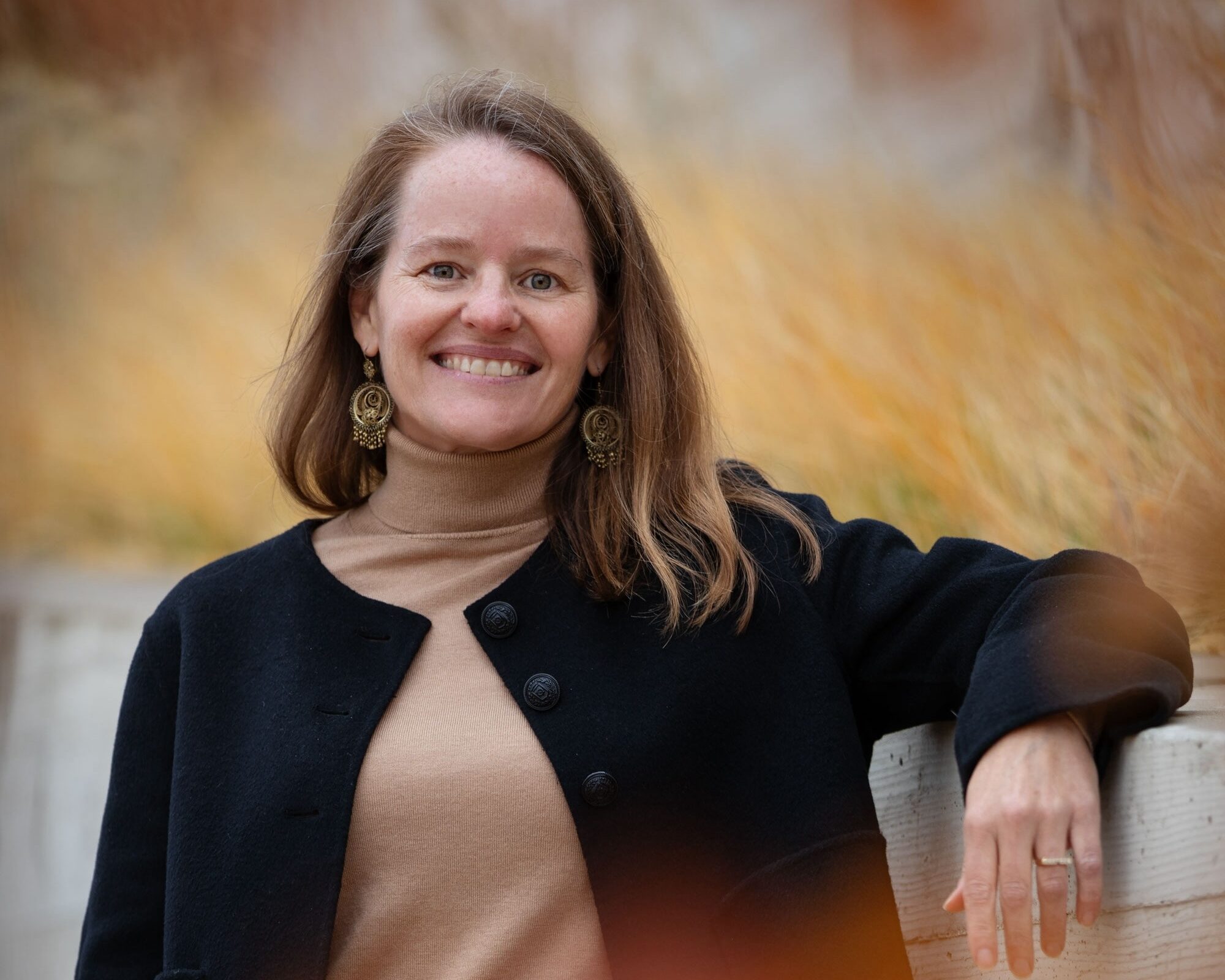

Alexandra Ponette-González is Associate Professor of City & Metropolitan Planning at the University of Utah and Curator of Urban Ecology at the Natural History Museum of Utah. She studies how changes in our atmosphere caused by urban pollution, fire, and dust affect diverse ecosystems on land, with a specific focus on urban and non-urban forests. Currently, she is investigating how digital technologies influence equity and environmental justice in urban forest planning and management. She is also studying the diverse suite of tiny particles, including soot, that flow through forest canopies when it rains. Soon, she plans to utilize museum-based collections to study historical air pollution along the Wasatch Front. Alexandra is a highly collaborative and interdisciplinary scholar. She received her Ph.D. from Yale School of Forestry and Environmental Studies (2009), a M.A. in Geography from the University of Texas at Austin (2002), and B.A. in Psychology from United States International University in Mexico City.
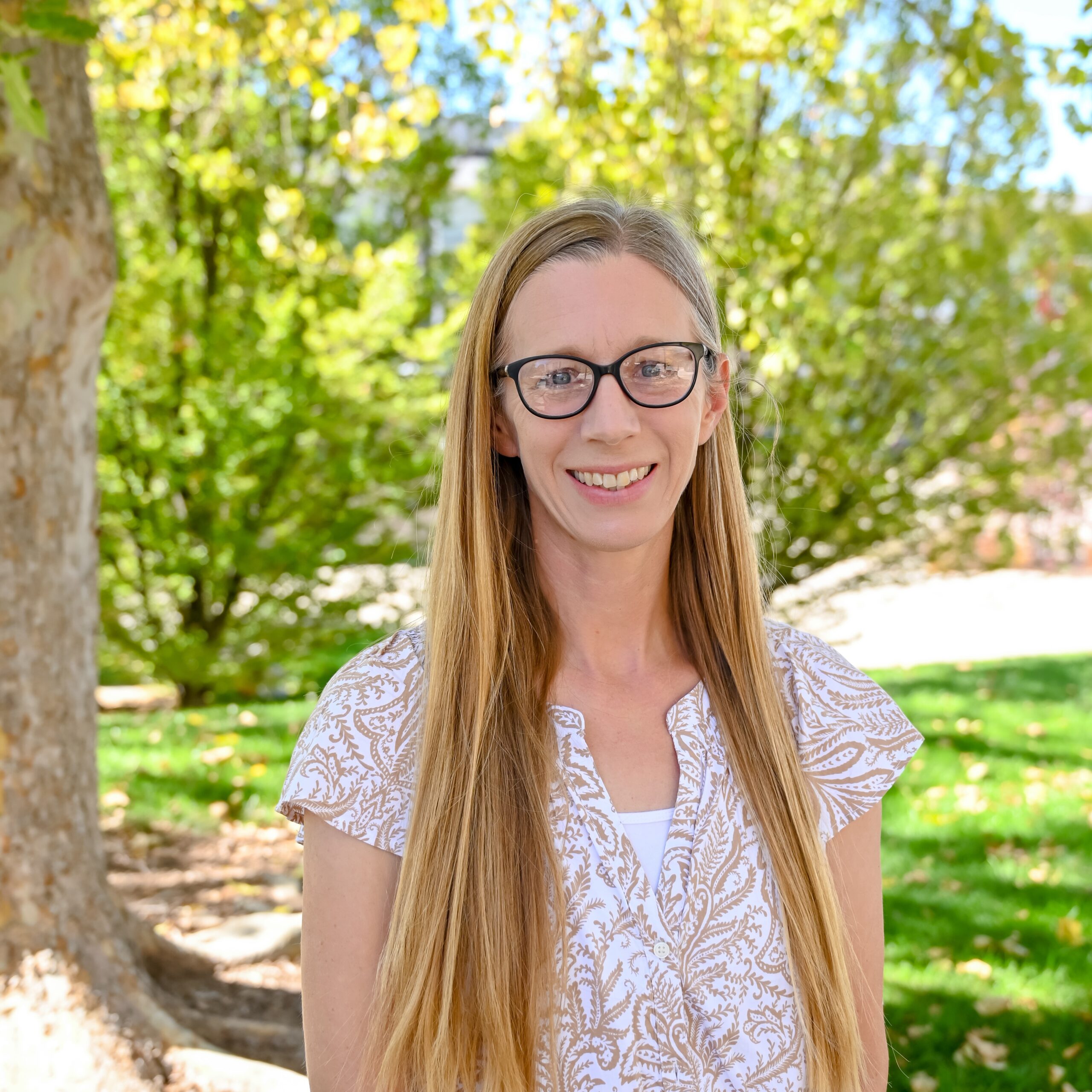

Sara Grineski is a professor at the University of Utah (U) with a shared appointment in the Department of Sociology and the School of Environment, Society and Sustainability. She is a member of the leadership team for the Wilkes Center for Climate Science and Policy and the co-director of the Center for Natural and Technological Hazards at the U. Dr. Grineski has been a faculty member at the U since 2018. Previously, she was a faculty member at the University of Texas at El Paso. Dr. Grineski’s research addresses issues of environmental injustice and health disparities with a focus on air pollution.
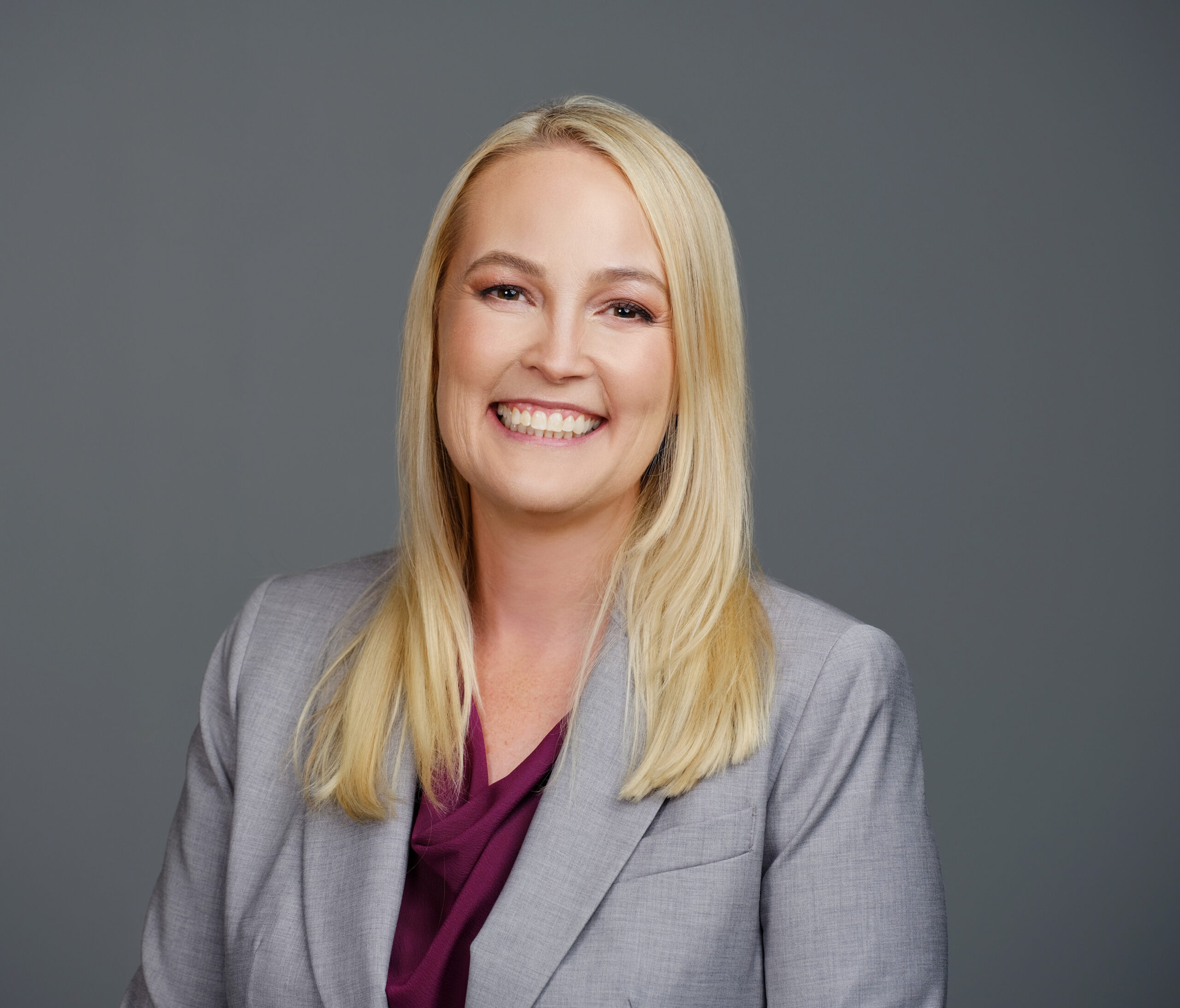

Lisa Grow is the Howard W. Hunter Professor of Law at the J. Reuben Clark Law School at Brigham Young University, where she teaches disaster law, constitutional law, and torts. Her research centers on the intersection of law and disasters. She is a coauthor of the definitive disaster law textbook, Disaster Law and Policy, with Dan Farber, Jim Chen, and Rob Verchick. Professor Sun graduated from Harvard Law School summa cum laude, the first woman ever to do so and the first person to do so in fifteen years. After law school, she clerked for the Honorable J. Michael Luttig, United States Court of Appeals for the Fourth Circuit, and then for the Honorable Justice Anthony M. Kennedy, United States Supreme Court. She has also taught as a full-time Lecturer in Law at Stanford Law School and as a Visiting Professor in the Temple/Tsinghua University Masters in Law Program in Beijing.
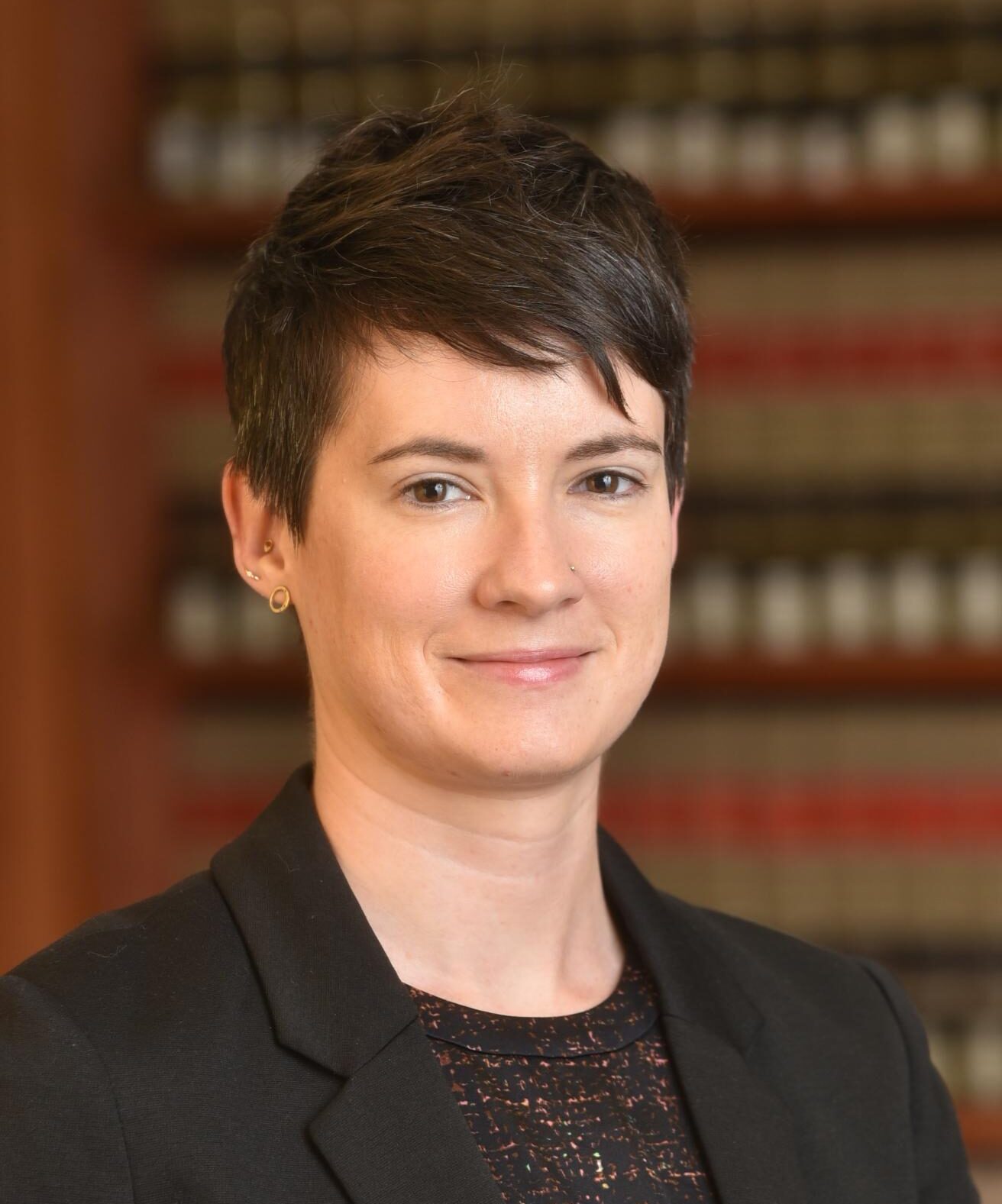

Meredith Hankins works to reduce pollution from the power and industrial sectors, using litigation and administrative advocacy to develop, protect, and enforce strong federal standards. Hankins has more than a decade of experience working with the Clean Air Act, beginning as a refinery permitting engineer at the South Coast Air Quality Management District and later as a deputy attorney general representing the state of California in challenges to Trump-era environmental rollbacks. They also previously served as a legal fellow with the Emmett Institute on Climate Change and the Environment at UCLA School of Law and as a senior attorney with the Institute for Policy Integrity at NYU School of Law, as well as clerked for Justice Michael Wilson on the Supreme Court of Hawai'i. Hankins has a bachelor's degree in chemical engineering from the University of Southern California and a JD from the University of California at Davis. They work out of NRDC's Washington, D.C., office.
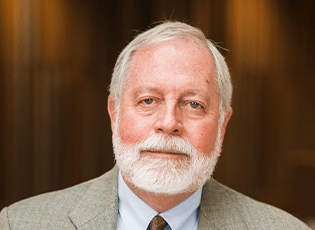

Professor Keiter holds a J.D. degree with honors from Northwestern University School of Law and a B.A. with honors from Washington University. He has taught at the University of Wyoming, Boston College, and Southwestern University, and served as a Senior Fulbright Scholar at Tribhuvan University in Kathmandu, Nepal. Professor Keiter's most recent books are To Conserve Unimpaired: The Evolution of the National Park Idea, (Island Press, April 2013), and the Wyoming State Constitution (Oxford University Press, 2017). His other books include Keeping Faith With Nature: Ecosystems, Democracy, and America's Public Lands (Yale Univ. Press 2003); Reclaiming the Native Home of Hope: Community, Ecology, and the West (Univ. of Utah Press 1998); Visions of the Grand Staircase-Escalante: Examining Utah's Newest National Monument (Utah Mus. of Nat. History & Wallace Stegner Center 1998); The Wyoming State Constitution: A Reference Guide (Greenwood Press 1993); and The Greater Yellowstone Ecosystem: Redefining America's Wilderness Heritage (Yale Univ. Press 1991). He has also written numerous book chapters and journal articles on public lands and natural resource law, addressing such topics as national parks, ecosystem management, wildfire policy, and biodiversity conservation. He serves as a Trustee of the National Parks Conservation Association and the Rocky Mountain Mineral Law Foundation, for which he served as President from 2013-2014. Professor Keiter teaches Natural Resources Law and Constitutional Law. He has received teaching awards from the University of Utah S.J. Quinney College of Law, the University of Wyoming College of Law, and the Rocky Mountain Mineral Law Foundation. In 2008, he was named a University Distinguished Professor by the University of Utah. His current project is an update of his previous work on the Greater Yellowstone Ecosystem.
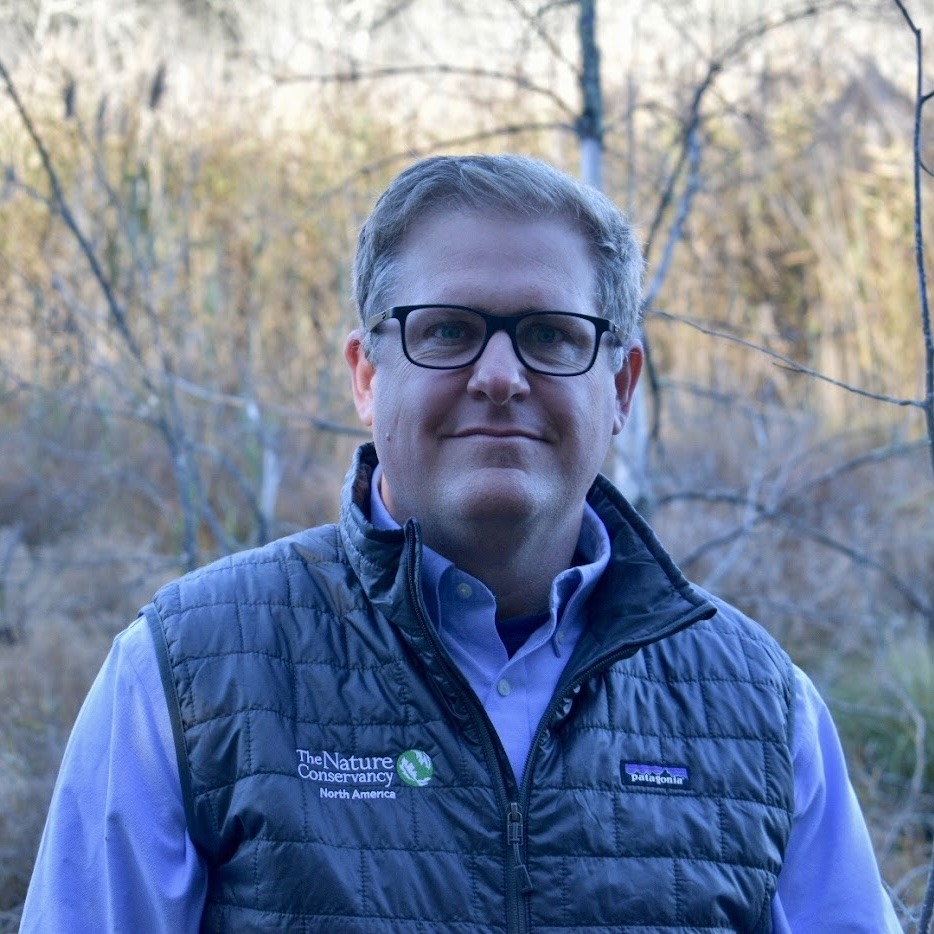

Brent leads the land policy team in TNC’s North America Policy & Government Relations office. The team manages relationships and influences policy working with leadership of federal agencies within the U.S. Department of Agriculture and Department of the Interior. Before joining the Conservancy, Brent worked for the National Association of State Foresters and the Western Forestry Leadership Coalition, and practiced at a water law firm in Portland, Oregon. Brent spent four seasons as a wildland fire fighter on federal crews in Oregon and Arizona. He is a graduate of Pace University School of Law and holds a forestry degree from the University of Idaho. He is a member of the Oregon State Bar and the bar of the Supreme Court of the United States.
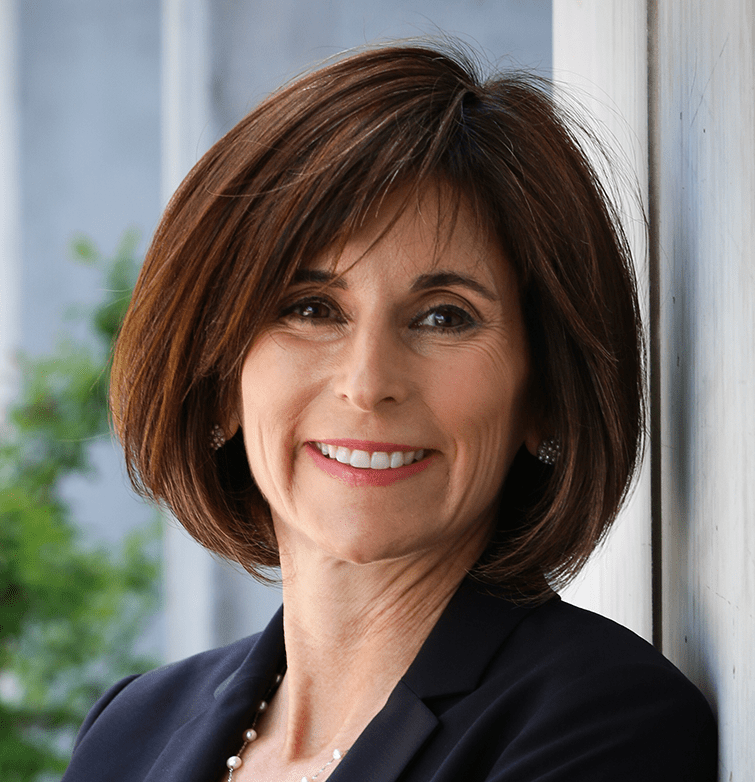

Dr. Kelly is a professional engineer and an Associate Professor of Chemical Engineering at the University of Utah. Dr. Kelly is committed to the translation of science to data-driven policy decisions. She served 8 years on Utah’s Air Quality Board and four years on Utah’s air quality policy. She has received numerous awards including UCAIR’s air quality person of the year, and The Story Exhange’s Women in Science Innovation Prize. Her research focuses on understanding and addressing air-quality challenges, including using cost-effective, air-quality sensing to empower communities.
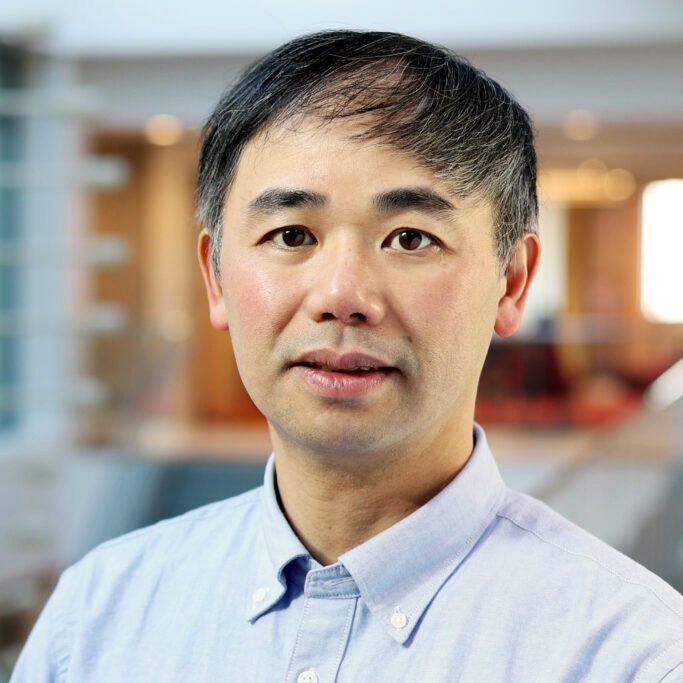

John Lin is a Professor in the Department of Atmospheric Sciences and the Associate Director of the Wilkes Center for Climate Science & Policy. He has over 20 years of experience researching the emissions and transport of greenhouse gases and atmospheric pollutants, publishing over 100 peer-reviewed journal papers to date. He was selected as a Earth Leadership Fellow in 2022 and participates regularly in national and international research efforts such as with the World Meteorological Organization and the European Union. John's research group (http://lair.utah.edu/) is carrying out greenhouse gas and air quality observations in the Salt Lake area, as well as in the Uinta Basin. John also works regularly with satellite observations from NASA to determine carbon emissions from cities around the world. He has recently served on the Great Salt Lake Strike Team to synthesize scientific knowledge and inform policy decisions surrounding the Great Salt Lake. John received his AB, AM, and PhD degrees from Harvard University.
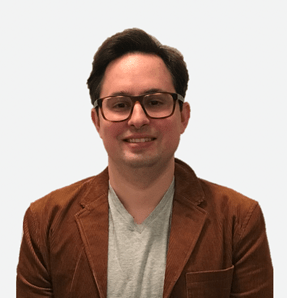

Derek Mallia, Ph.D. is a Research Assistant Professor at the University of Utah’s Department of Atmospheric Sciences. Derek is originally from upstate New York. Topics that Derek is most interested in have strong linkages to climate change and air quality. Derek’s most recent research has primarily focused on using atmospheric models to elucidate key processes that drive wildfire behavior and smoke dispersion, and wind-blown dust. Better understanding how climate change will impact wildfire behavior and smoke is also of interest to Derek. Derek also has a general interest in using atmospheric and chemical transport models developed for research and repurposing them for forecasting applications.
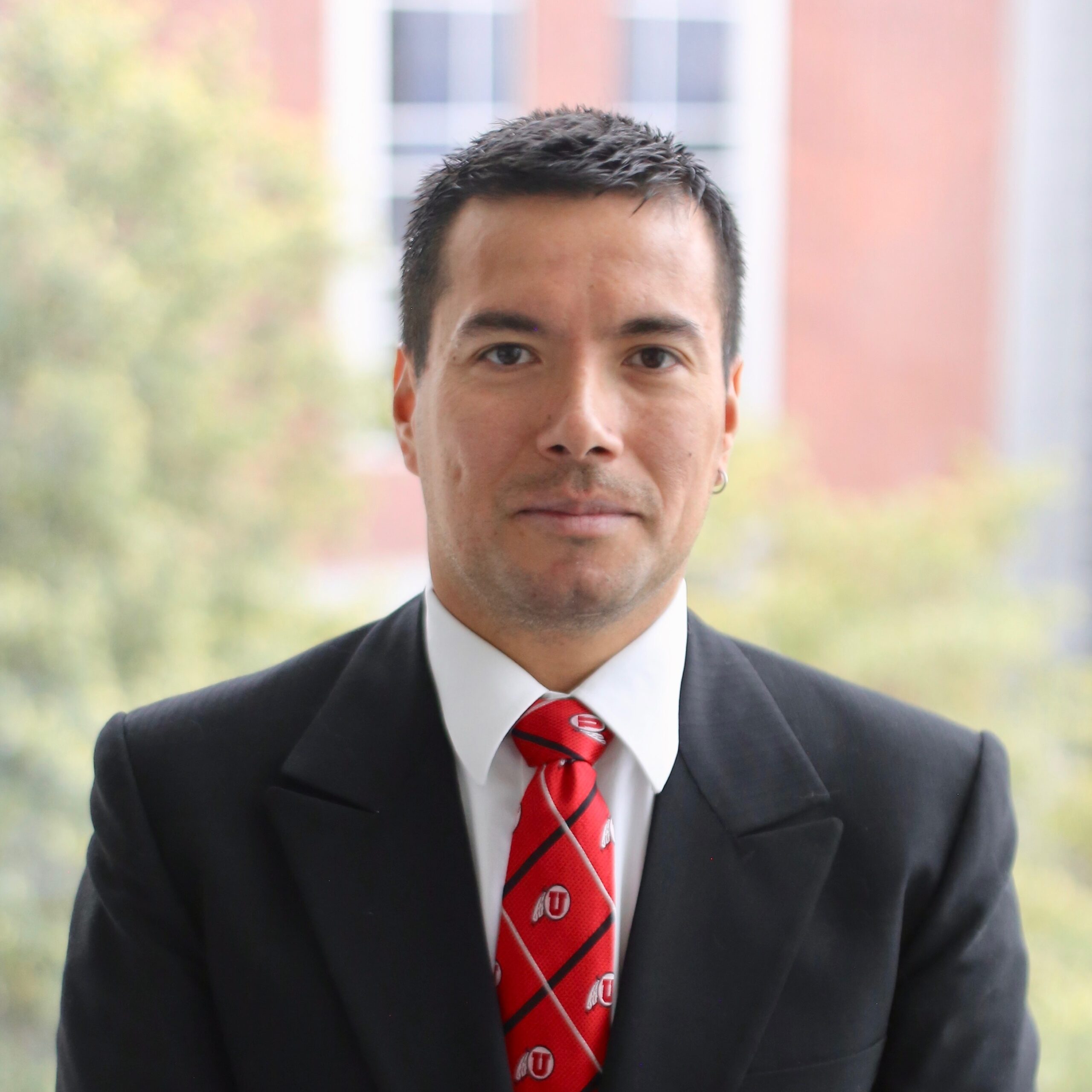

Dr. Daniel Mendoza holds joint appointments as Research Associate Professor in the Department of Atmospheric Sciences and Adjunct Associate Professor in the Pulmonary Division in the School of Medicine, and the Department of City & Metropolitan Planning at the University of Utah. His research interests include quantifying and characterizing urban greenhouse gas, criteria pollutant emissions, and temperature for use in human exposure estimation and metropolitan planning. He also examines the health effects associated with acute and chronic pollutant exposure, particularly in vulnerable populations. He is the Director for the Dark Sky Studies Minor and instructor of the Capstone Class on Dark Sky Studies at the University of Utah.
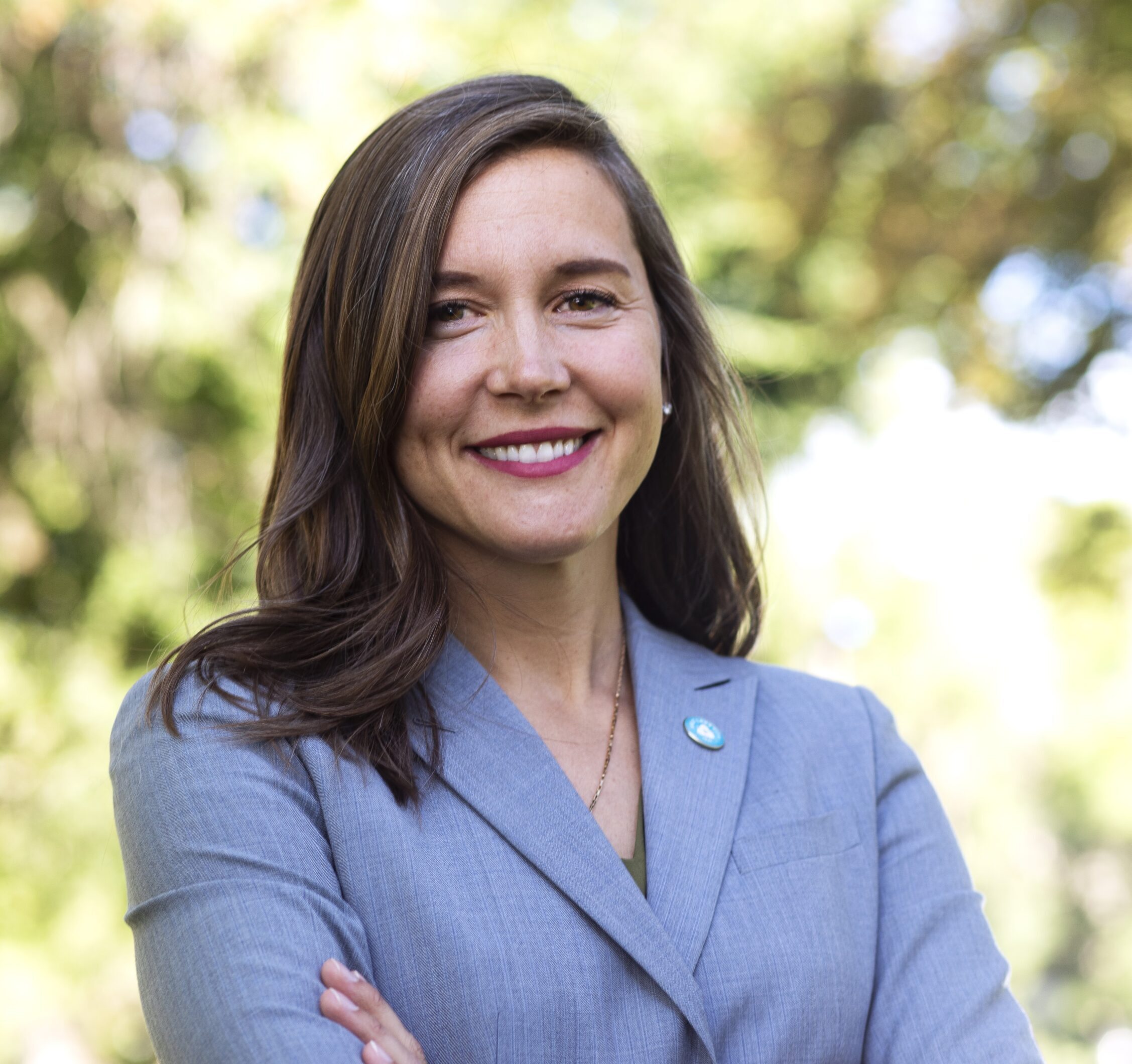

Erin J. Mendenhall is the 36th mayor of Salt Lake City.
After learning the air quality in Salt Lake City had become so bad that it could take two years off her newborn’s life, Erin became an activist and joined Utah Moms for Clean Air in 2008. Determined to bring scientific understanding to air-quality discussions, Erin co-founded a new non-profit organization, Breathe Utah, in 2010, and was appointed to Utah’s Air Quality Board in 2014. She has since twice been elected as its chair.
Wanting to advance air-quality policy inside city government and serve Salt Lake City on a wider range of issues, Erin ran for office and was elected to represent District 5 on the City Council in 2013. During her six years on the Council, including one year as its chair, Erin worked for equitable progress across the city, driving road repairs and infrastructure maintenance, expanding access to transit and affordable housing, and making the city more equitable for women and girls.
As mayor, Erin is working hard to make Salt Lake City more environmentally and economically resilient, and to take advantage of the region’s historic period of economic opportunity. She is determined to ensure every Salt Laker can access all the city has to offer.
Erin was elected the 36th mayor of Salt Lake City in November 2019 and took the oath of office in January 2020. She won reelection in November 2023 and was sworn in for her second term in January 2024. Mayor Mendenhall holds a bachelor’s degree in gender studies and a master’s degree in science and technology, both from the University of Utah.
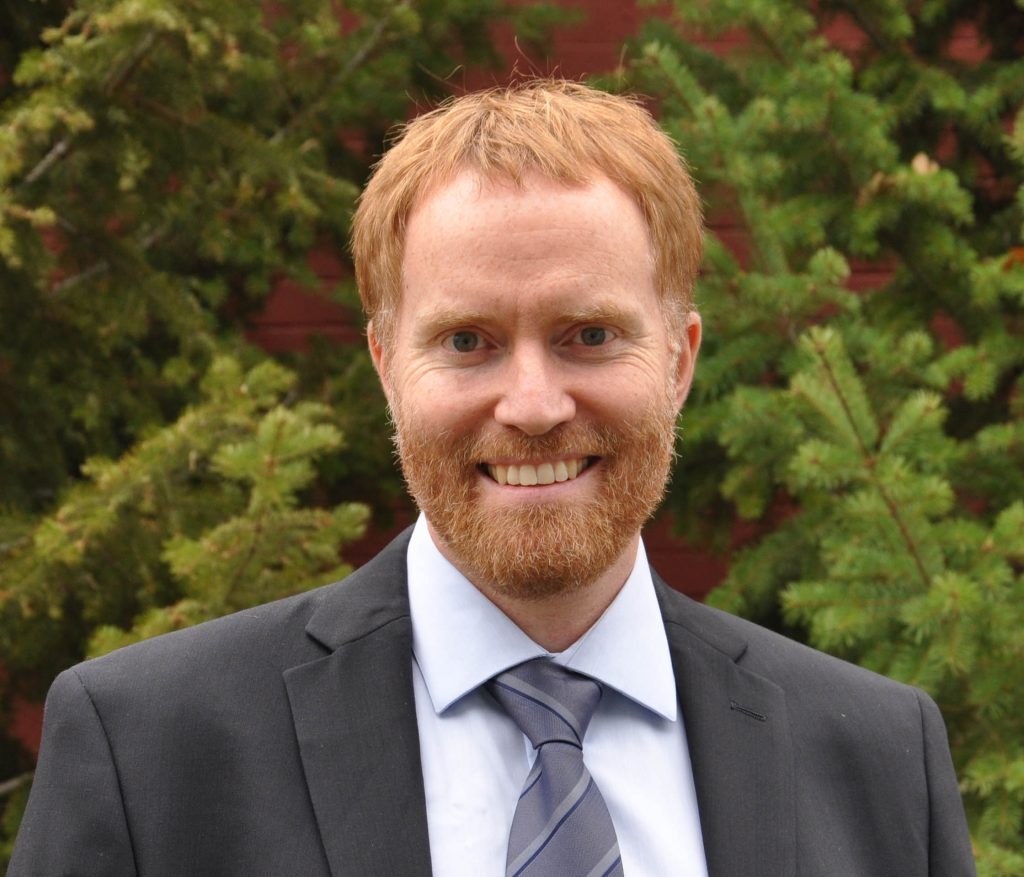

Logan Mitchell, Climate Scientist and Energy Analyst, Utah Clean Energy, and Adjunct Professor of Atmospheric Sciences, University of Utah
Logan is a climate and air quality scientist who has researched everything from greenhouse gases in Antarctic ice cores to evaluating emissions and monitoring urban air quality with TRAX trains, to studying Utah’s history of air quality. With over 35+ peer-reviewed publications, he has a deep scientific knowledge of air quality, climate and energy systems in Utah and globally. He is passionate about solutions to our air and climate challenges that will improve our quality of life and be essential for our economic future. In addition to climate communication, he represents Utah Clean Energy in regulatory dockets and proceedings before the Utah Public Service Commission. He received a BS and PhD from Oregon State University and is Adjunct Faculty at the University of Utah.
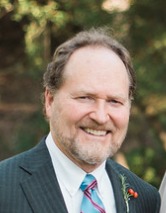

Brian Moench recently retired after a 40 year career in intra-operative anesthesia. He is a former adjunct faculty member in the University of Utah Honors College, where he taught public health and the environment. He is the president and founder of Utah Physicians for a Healthy Environment (UPHE), UPHE.org.
UPHE’s primary focus is the public health consequences of air pollution and various other forms of environmental degradation. Since 2007 UPHE has become one of the largest civic organization of medical professionals in the Western US. We have been actively engaged in many environmental battles throughout the country and Western Canada. UPHE has worked closely with numerous national environmental groups like the Sierra Club, Earthjustice, the Center for Biological Diversity, Beyond Pesticides, and WildEarth Guardians on regional and national pollution issues.
He was nominated by Pres. Obama as a finalist for the Award, Champions of Change, for my work on public health and the climate crisis, 2013.
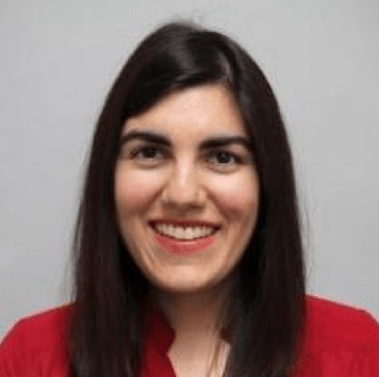

Ruhan S. Nagra is Associate Professor of Law and founding director of the Environmental Justice Clinic at the University of Utah S.J. Quinney College of Law.
Prior to joining the Law School, Nagra was Director of the Environmental Justice Initiative and a Senior Clinical Supervisor at the University Network for Human Rights, which she co-founded in 2018. At the University Network, Nagra worked with frontline communities in the United States and globally to challenge environmental injustice. Nagra was previously a clinical instructor at Stanford Law School’s Human Rights Clinic.
In close partnership with affected communities and grassroots organizations, Nagra brings an interdisciplinary approach to her work, which has included: a peer-reviewed community health study in Louisiana’s Cancer Alley; an analysis exposing racially discriminatory effects of an industrial buyout in Mossville, Louisiana; and litigation challenging the expansion of Liquefied Natural Gas infrastructure in Brooklyn, New York. Her most recent article, forthcoming in Duke Law Journal, explores the justice implications of climate-induced relocation in the United States.
Nagra’s work has been covered in major news outlets, including VICE, CBS Evening News, The Washington Post, Reuters, The Guardian, USA Today, Axios, Newsweek, and Democracy Now. She holds a J.D. from Stanford Law School and a B.A. in Human Biology from Brown University.
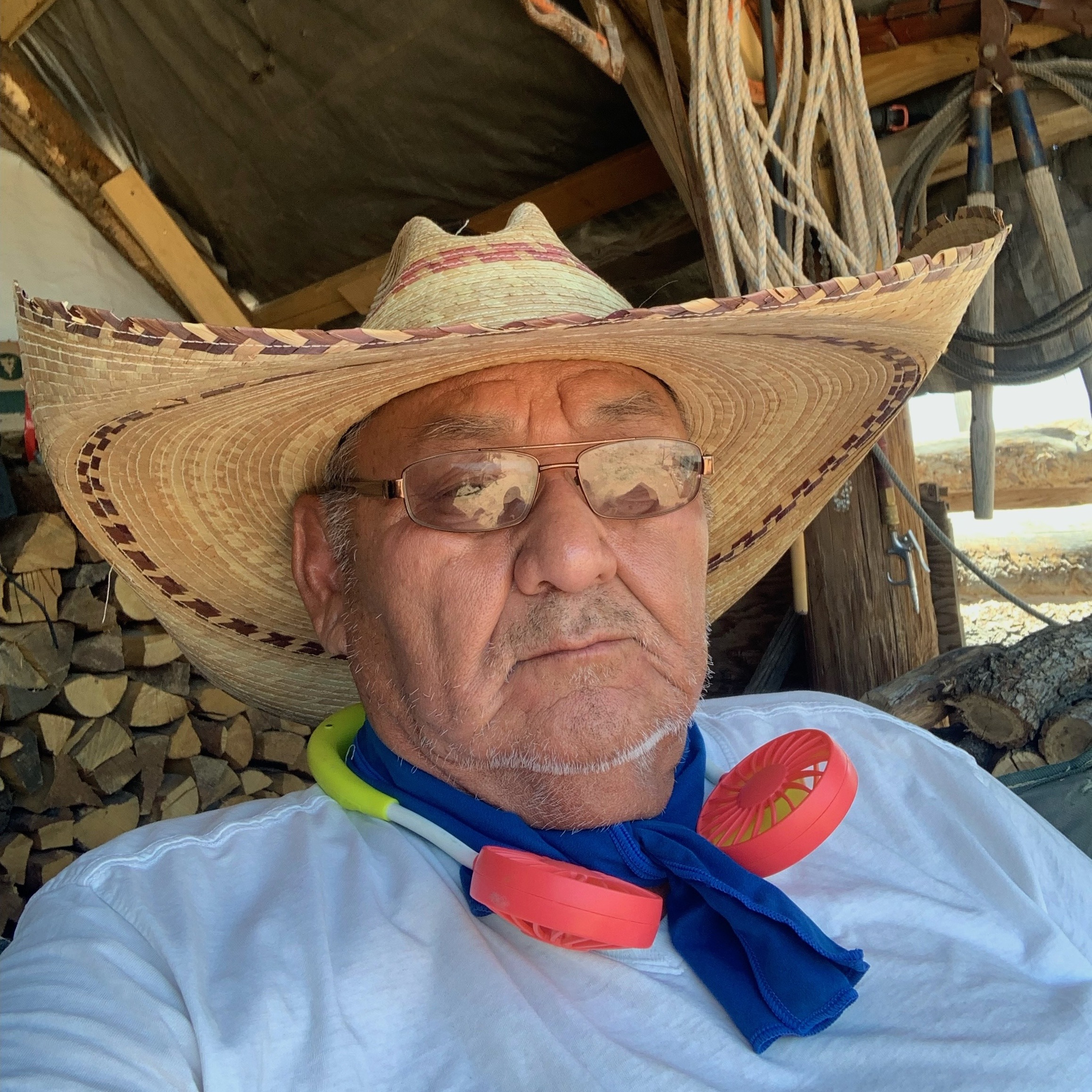

Mr. Raymond Oldman lives on the Aneth oil field in the Navajo Nation along with his wife, children, grandchildren, and livestock. Over the 47 years he has lived on the oil field, Mr. Oldman has watched as above-ground pipelines, pump jacks, and other oil and gas infrastructure have taken over his lands. He and his family live with the daily health and other impacts of air, water, and soil pollution from the oil and gas industry. Mr. Oldman is one of the community members who works with the Stegner Center's Environmental Justice Clinic.
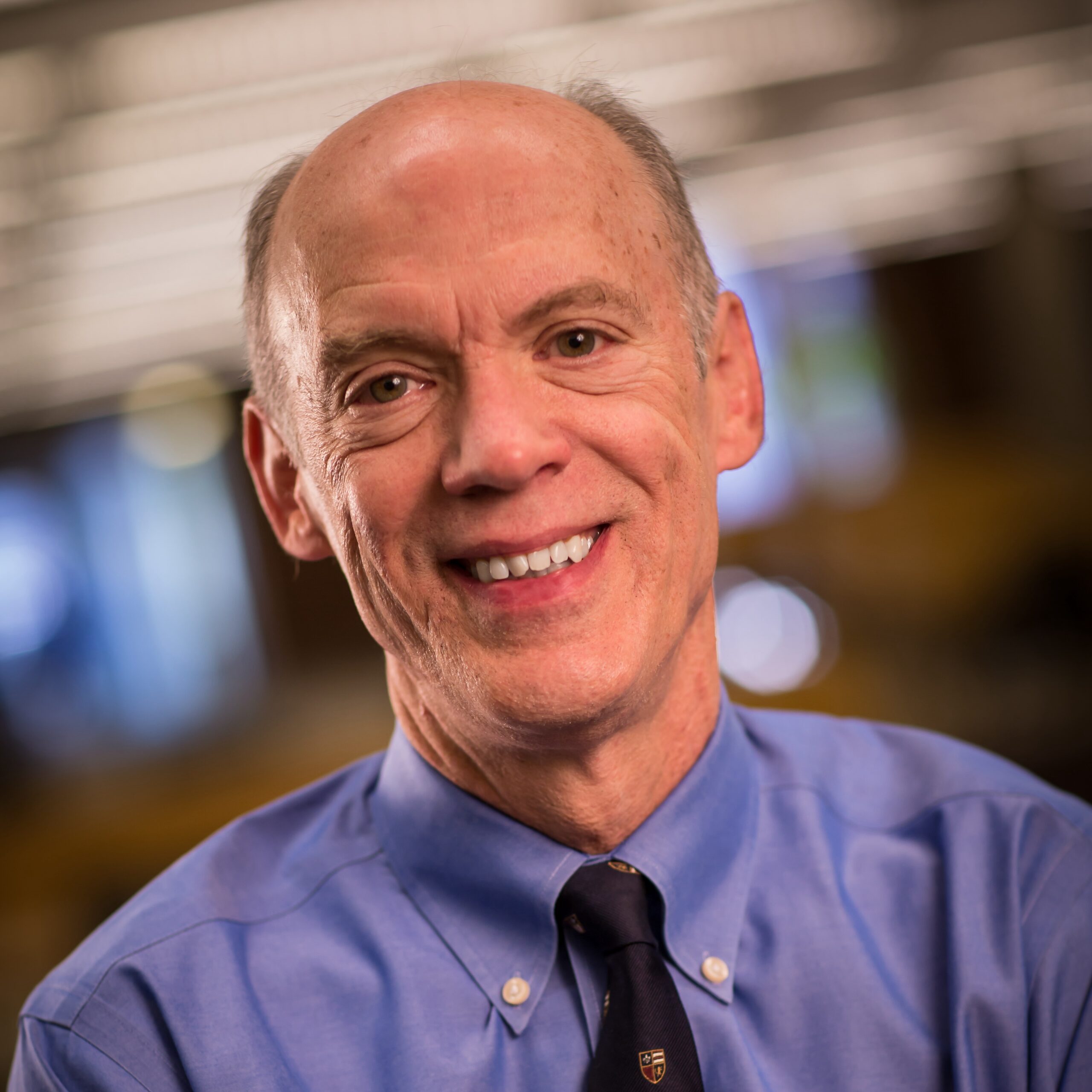

Robert Paine III, M.D. is Professor of Internal Medicine in the Division of Respiratory, Critical Care and Occupational Pulmonary Medicine at the University of Utah Spencer Fox Eccles School of Medicine. He is an active clinician, educator and researcher. His research laboratory has addressed questions concerning the role of alveolar epithelial cells in pulmonary innate immune and the response to lung injury. He pursues clinical research studies addressing key questions concerning defense of the lung in patients with the acute respiratory distress syndrome and mechanisms determining the development of chronic obstructive pulmonary disease (COPD) including studies of the impact of air pollution on the progression of COPD.
The impact of air quality on human health has been an important focus of Dr. Paine’s activities since he arrived at the University of Utah in 2007. He served as a member of the State Air Quality Board for 8 years, playing an active role in educating physicians and state leaders about the important impact of air quality on health. He has also served on the American Thoracic Society Environmental Health Policy Committee. He was the founding Director of the University of Utah Program for Air Quality, Health and Society.
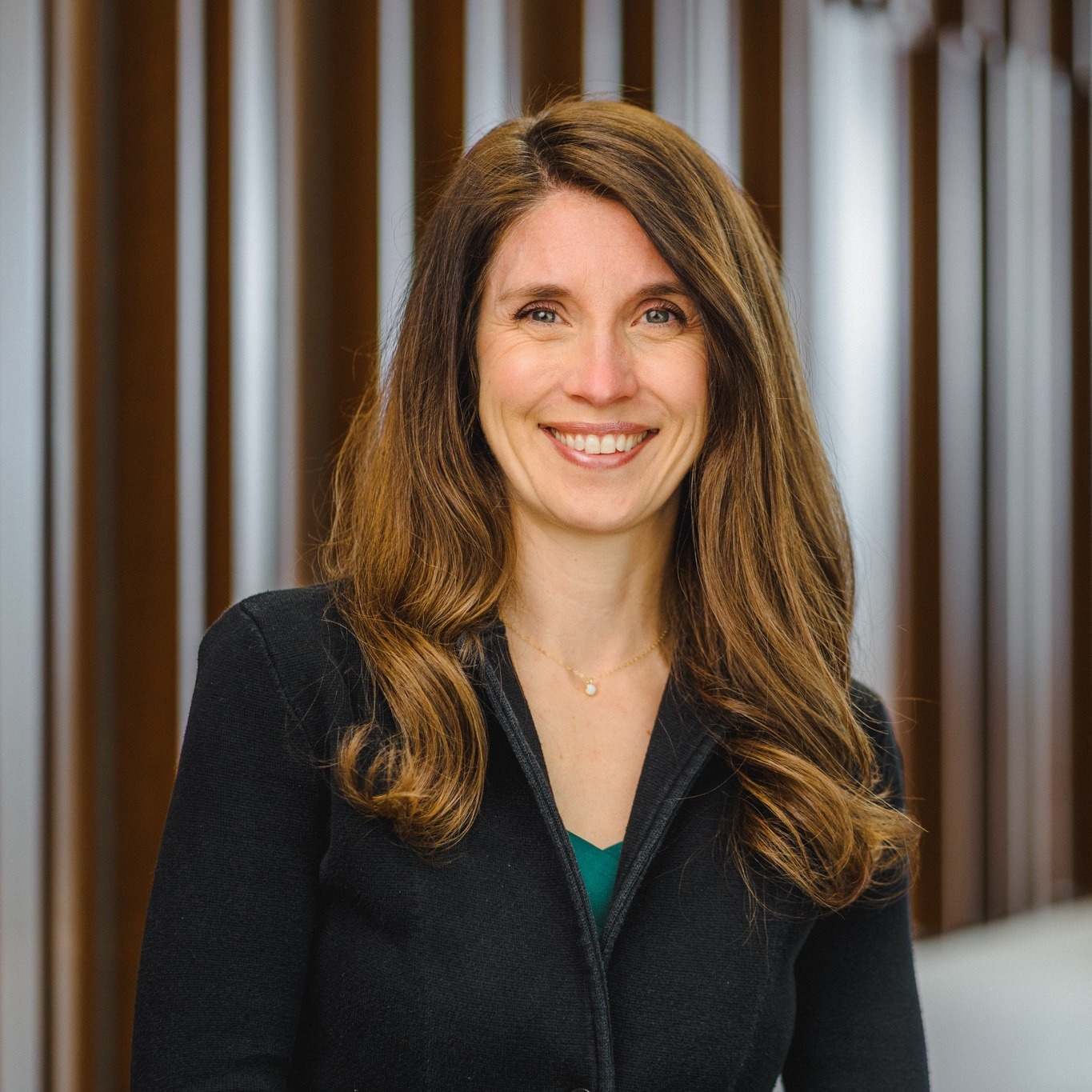

Parker is a senior fellow and senior attorney at the Utah Law Wallace Stegner Center’s Law and Policy Program; the law and policy lead for the Stegner Center's Great Salt Lake Project; and an adjunct professor of law.
Parker’s scholarship focuses on the intersection of environmental law and public health, including air pollution, water security, tribal environmental law, and law and policy solutions to secure Great Salt Lake's future.
She teaches several environmental law courses, including air pollution law and policy, water law, and experiential clinics focused on advancing policy solutions to restore Great Salt Lake. She also co-founded the College of Law’s Environmental Policy Accelerator.
Outside the College of Law, she is the community engagement core faculty lead for the University of Utah's ELEVATE Maternal Health Center of Excellence. She is also a member of several boards, including Utah Tribal Relief Foundation and Utah Crew.
Prior to joining the faculty at University of Utah’s S.J. Quinney College of Law, Parker practiced tribal law, environmental law, and natural resources law. As a former river guide and ski instructor, Beth has a deep appreciation for the natural environment and is committed to working toward ensuring a sustainable and healthy environment for future generations.
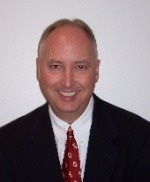

Professor Kevin Perry has been a faculty member in the Department of Atmospheric Sciences at the University of Utah for the last 21 years. He holds a B.S. degree in meteorology from Iowa State University and a Ph.D. in atmospheric sciences from the University of Washington. He served as Chair of the Department of Atmospheric Sciences for 7 years and has expertise in the broad areas of air pollution and atmospheric chemistry. For the last 6 years, his research has focused on the emission of dust from the exposed portions of the Great Salt Lake. During that time, he has spent more than 200 days conducting fieldwork at the Great Salt Lake and has personally visited all 800 square miles of the exposed lakebed. He is currently serving as a member of the Great Salt Lake Strike Team whose goal is to synthesize existing scientific data and research for use by policymakers.
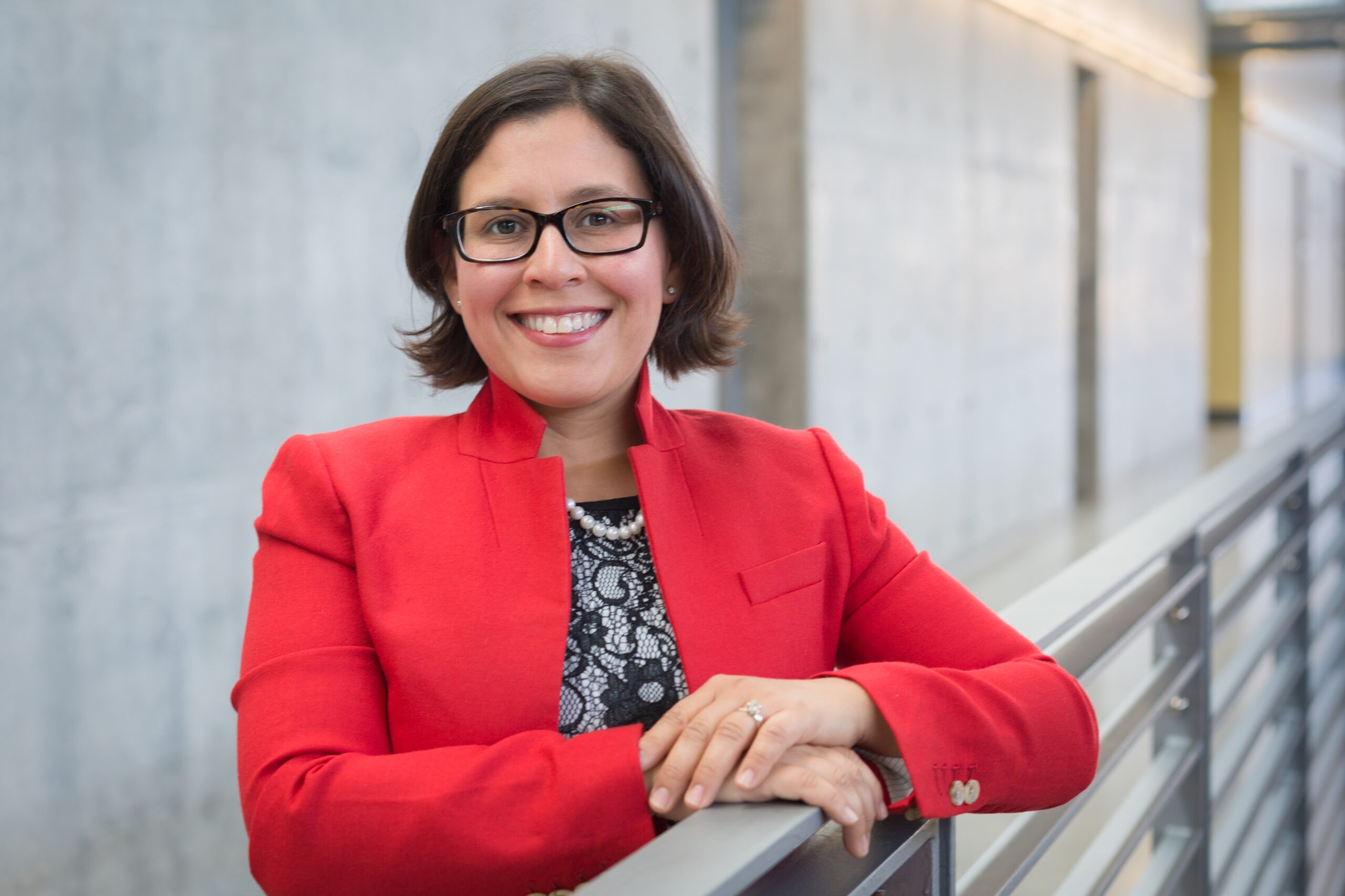

Dr. Susana Ramírez is an expert in media, inequality, and health. As an “infodemiologist”—trained in both communication and public health—Dr. Ramírez uses social scientific methods to advance public health. Prof. Ramírez is co-editor of the Handbook of Language in Public Health and Healthcare (Wiley, 2024) and serves on the editorial boards of the Journal of Health Communication and the Journal of Communication in Health Care. She is currently an Associate Professor of Public Health Communication at the University of California, Merced, where she teaches courses in social science research methods, health communication, and health policy. Dr. Ramírez earned a Ph.D. and M.A. in Communication from the University of Pennsylvania, an M.P.H. from Harvard University, and a B.A. in Communication from Santa Clara University.
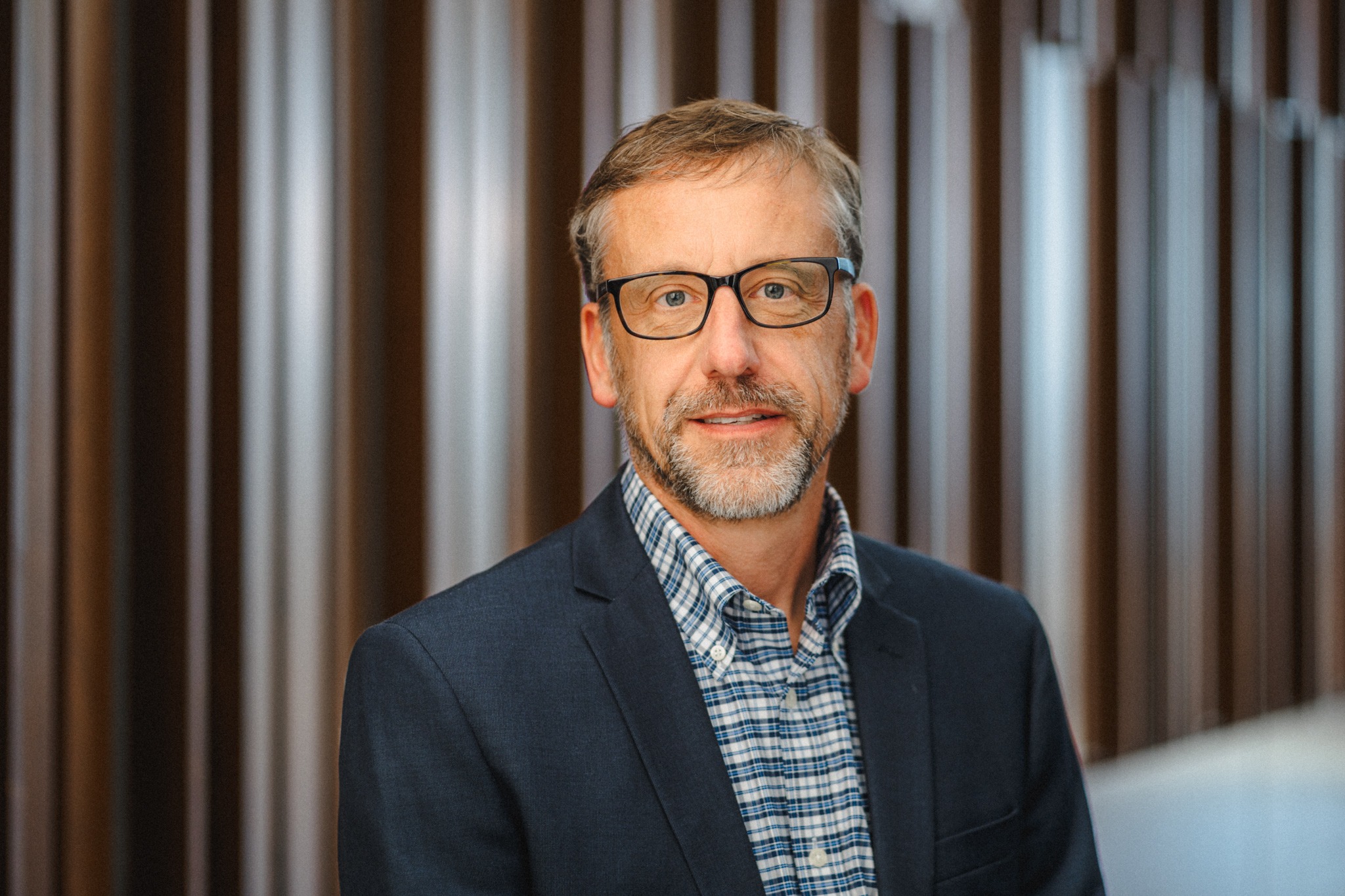

John Ruple is a Research Professor of Law at the University of Utah’s S.J. Quinney College of Law, and Director of the Wallace Stegner Center for Land, Resources & the Environment’s Law and Policy Program. John is an expert on federal public lands, natural resource management, critical mineral development, and permitting. He served as Senior Counsel in the White House Council on Environmental Quality during the Biden Administration and is committed to finding practical and balanced solutions to seemingly intractable natural resource management problems.
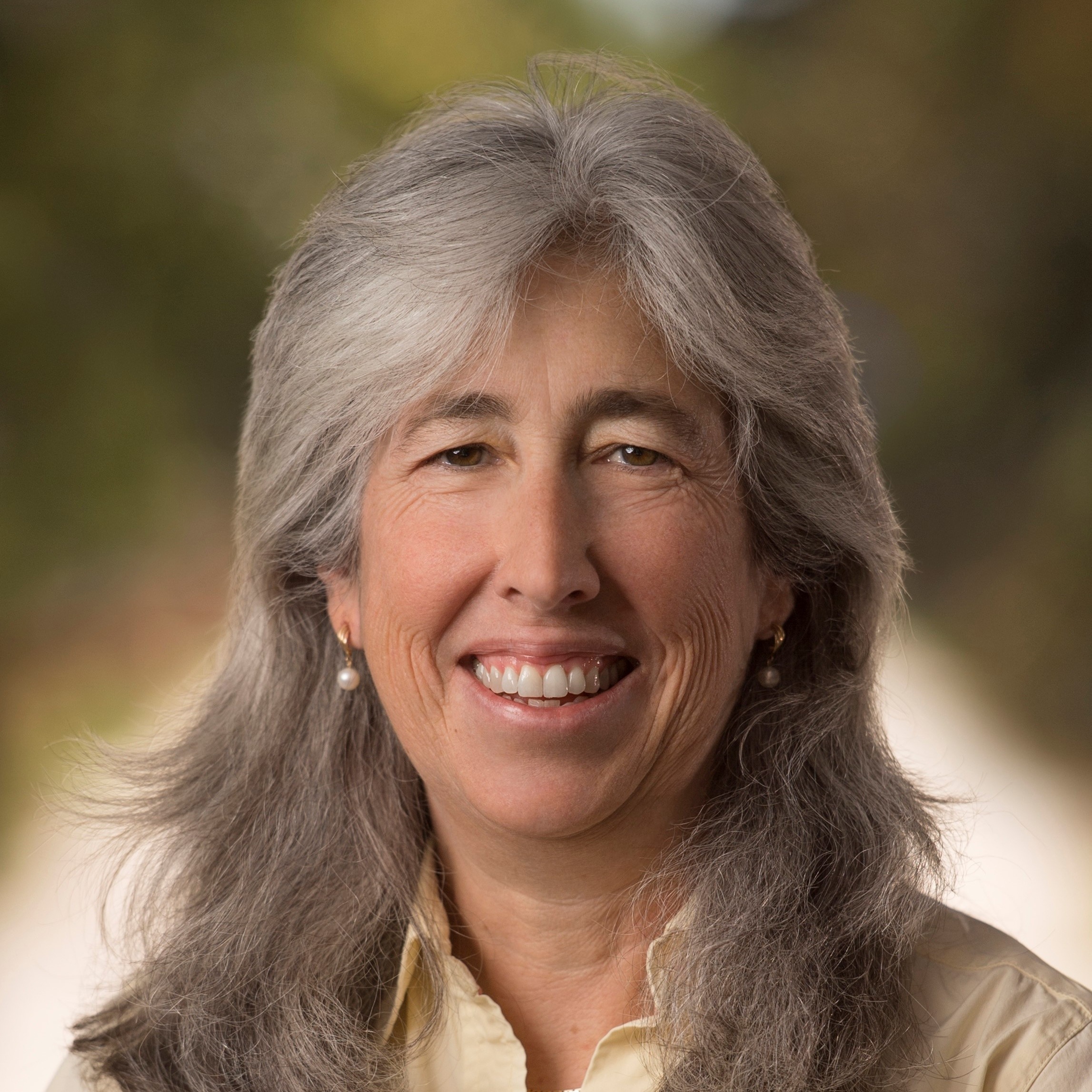

Deborah A. Sivas is the Luke W. Cole Professor of Environmental Law at Stanford Law School and a Professor of Environmental Social Science at the Stanford Doerr School of Sustainability. She also directs the Stanford Environmental Law Clinic and the Environmental and Natural Resource Law & Policy Program at the Law School and serves as a Senior Fellow at the Woods Institute for the Environment and an Affiliated Researcher at the Center for Ocean Solutions. Deborah holds a Doctor of Jurisprudence from Stanford Law School, a Master of Science in Ecology from the University of California at Davis, and a Bachelor of Arts in Biology and Philosophy from Occidental College.
Deborah and her clinic students represents non-governmental organizations in administrative proceedings and impact litigation in the areas of coastal and marine resource protection, climate policy and the energy transition, freshwater and terrestrial habitat conservation, and public land and endangered species management. She co-teaches interdisciplinary graduate courses, discussion seminars, and policy labs in a variety of areas, including coastal law and science, federal public lands, climate justice, wildland fire and smoke, sustainable food systems, environmental ethics, and the just energy transition.
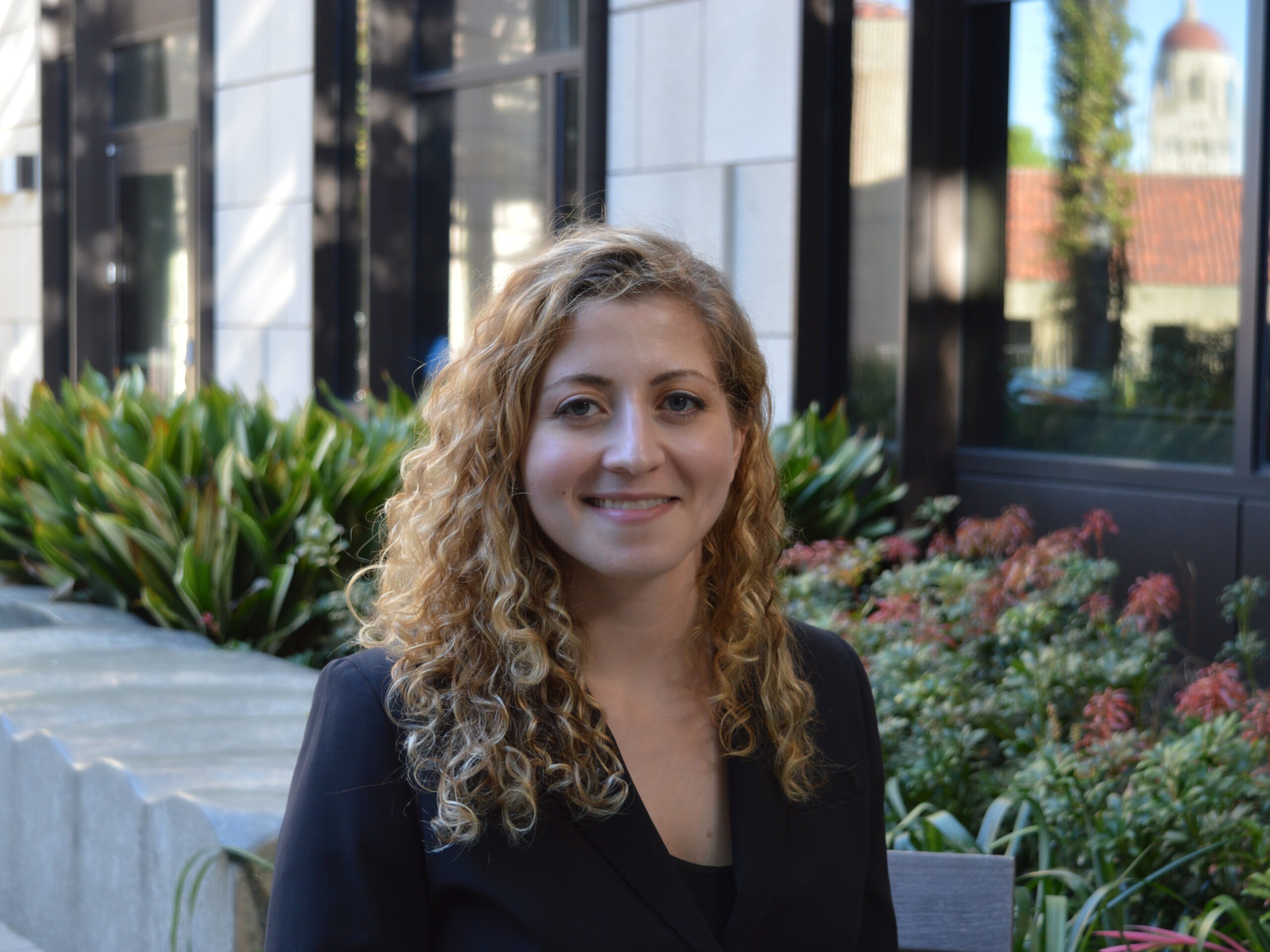

Deena Tumeh is a senior attorney in Earthjustice’s Washington, D.C. office. She primarily litigates Clean Air Act cases in federal court with a focus on reducing toxic air pollution. Prior to joining Earthjustice, Deena worked at Public Counsel, where she litigated child welfare and immigration cases. She clerked for the Honorable Jill A. Pryor in the U.S. Court of Appeals for the Eleventh Circuit and the Honorable Myron H. Thompson in the U.S. District Court for the Middle District of Alabama. Deena graduated from Yale University and Stanford Law School.
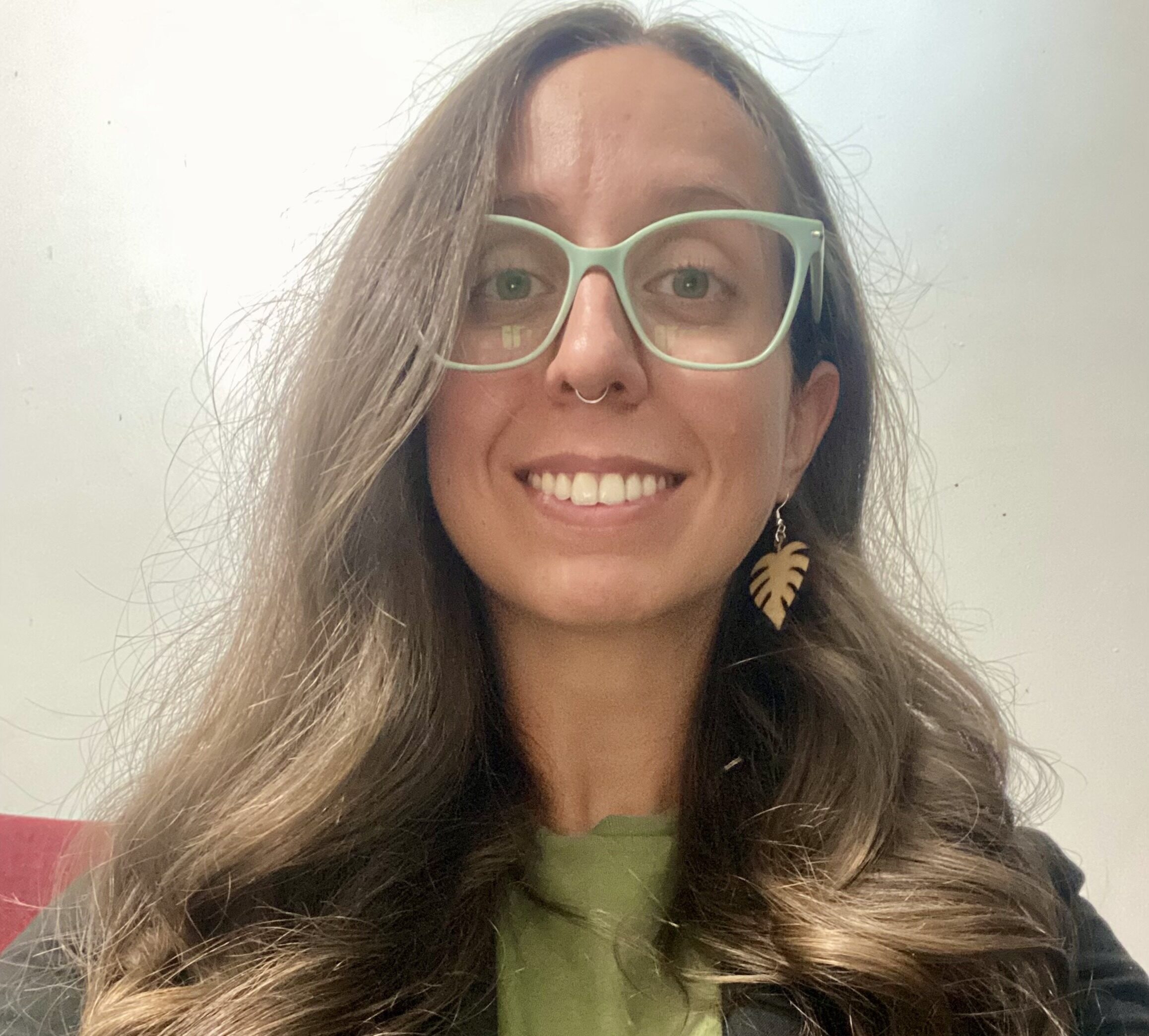

Carmen Valdez has been volunteering for local, national, and international nonprofits for over a decade, focusing on human rights and advocacy. She has experience in a range of nonprofit roles, from grassroots outreach to policy to board membership. She earned her degrees in political science and international affairs from the University of Utah and excelled in numerous internships while working for one of Utah’s largest law firms.
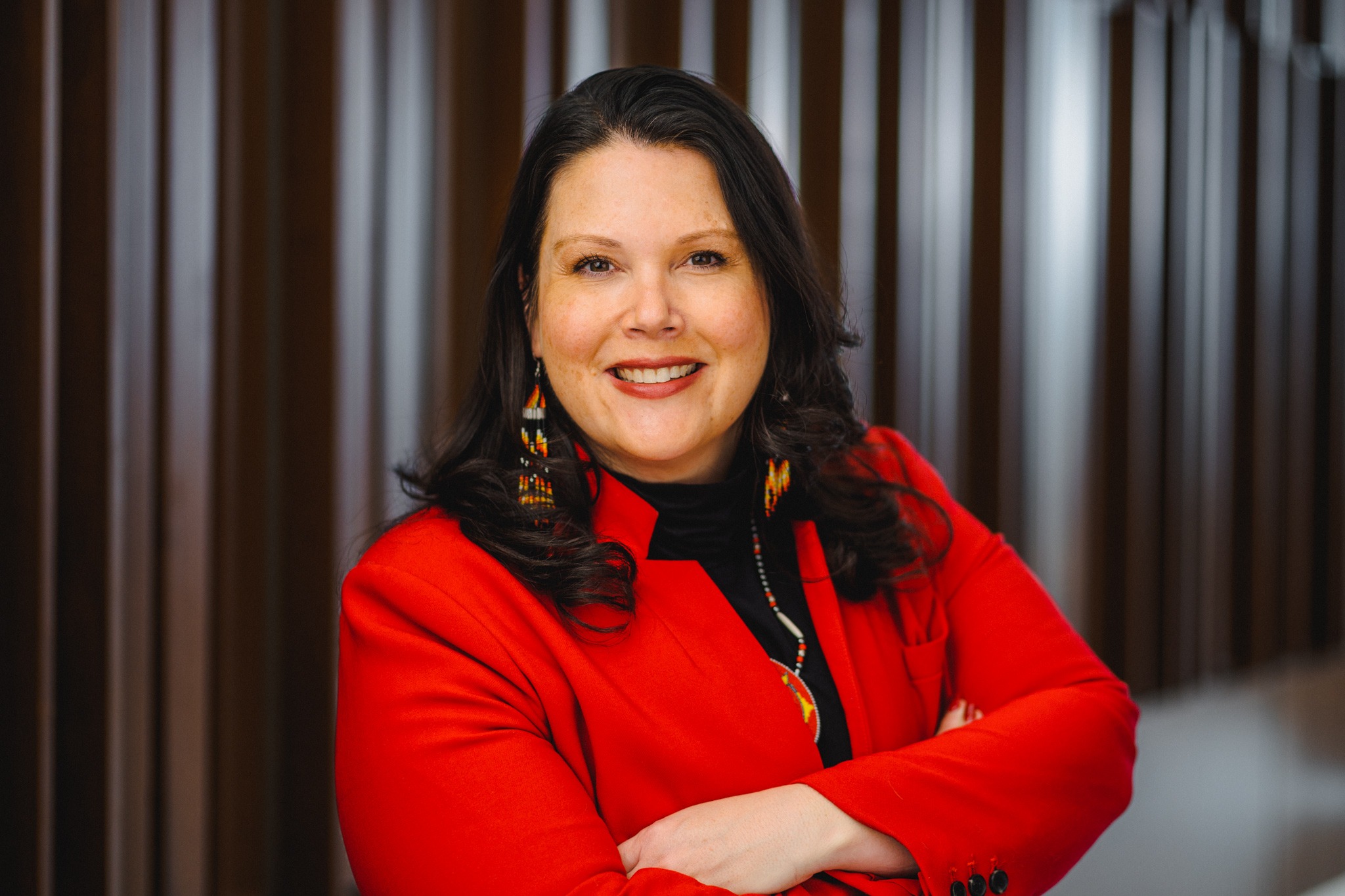

Elizabeth Kronk Warner is Dean and Professor of Law at the S.J. Quinney College of Law at the University of Utah. She was formerly Associate Dean and Professor of Law at the University of Kansas School of Law (KU), where she was also the Director of the Tribal Law and Government Center. Dean Kronk Warner is a nationally recognized expert in the intersection of Environmental and Indian law. She has taught courses in Property, Indian, Environmental and Natural Resources Law, and supervised the KU Tribal Judicial Support Clinic. She has received several teaching excellence awards, co-authored several books on environmental issues and Native Americans, and has over 40 articles and book chapters to her credit. Dean Kronk Warner, a citizen of the Sault Ste. Marie Tribe of Chippewa Indians, served as an appellate judge for the tribe and as a district judge for the Prairie Band Potawatomi Tribe. Dean Kronk Warner previously was an active member of the Federal Bar Association, serving on its national Board of Directors. In 2014, she received the Federal Bar Association President’s Award for leadership and extraordinary service, commitment, and guidance to the Federal Bar Association and its members. She is currently active in the American Bar Association, where she is co-chaired of the Native American Resources Committee. She holds a J.D. from the University of Michigan, a B.S. from Cornell University, and also studied at Nanyang Technological University in Singapore.
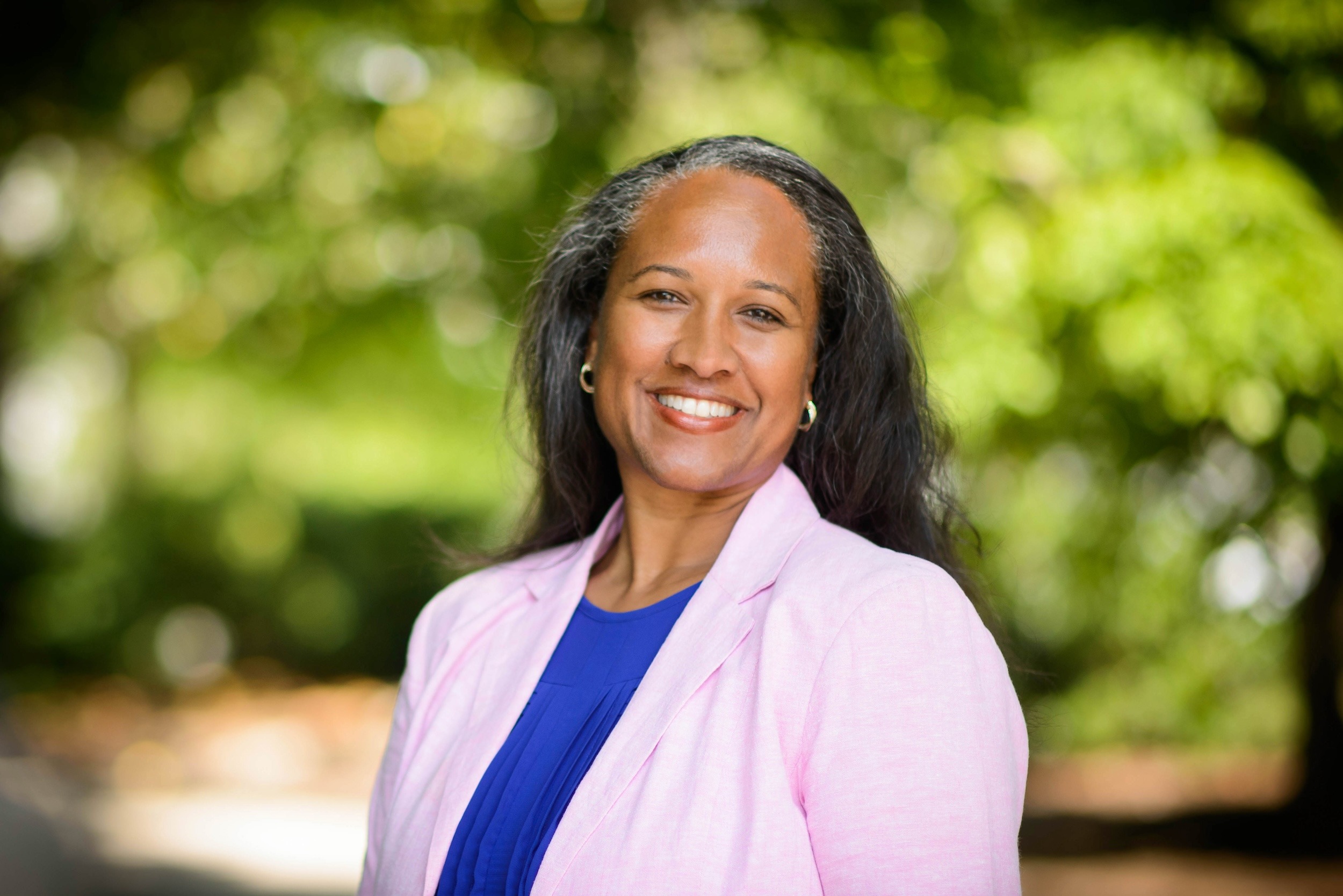

Nsedu Obot Witherspoon, MPH, serves as the Executive Director for the Children’s Environmental Health Network (CEHN), extending partnerships, organizing, leading, and managing policy, education/training, and science-related programs. For the past 24 years, she has served as a key spokesperson for children’s vulnerabilities and the need for their equal and intentional protections, conducting presentations and lectures across the country and providing key guidance and public health directed recommendations. She is a leader in the field of children’s environmental health, serving on the External Science Board for the Environmental Influences on Child Health Outcomes (ECHO) NIH Research work. She is a Co-Leader for the Health/Science initiative of the Cancer Free Economy Network, Co-Chair of the America the Beautiful for All Coalition, Lead Chair for Clean Water for All, and leader in the Climate Equity Collaborative. Ms. Witherspoon is also a Board Member for the Environmental Integrity Project, Habitable, and serves on the Maryland Children’s Environmental Health Advisory Council. She is a proud mom to four children.
